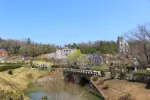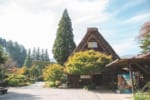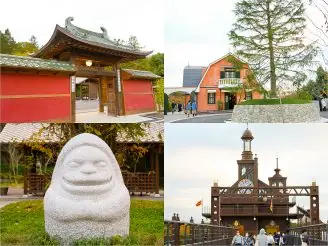Table of Contents
Osu Shopping Arcade is known as one of Nagoya's representative shopping streets. Banshoji" is located in a corner of the shopping street and has an eye-catching and gorgeous entrance. Many people may have seen it while passing by, but may have the impression that it is difficult to enter.
In this issue, I will introduce various aspects of Banshoji that are not usually visible from the front, such as the main hall and the precincts of the temple, as well as various lectures that are full of hints for living today.
Banshoji History
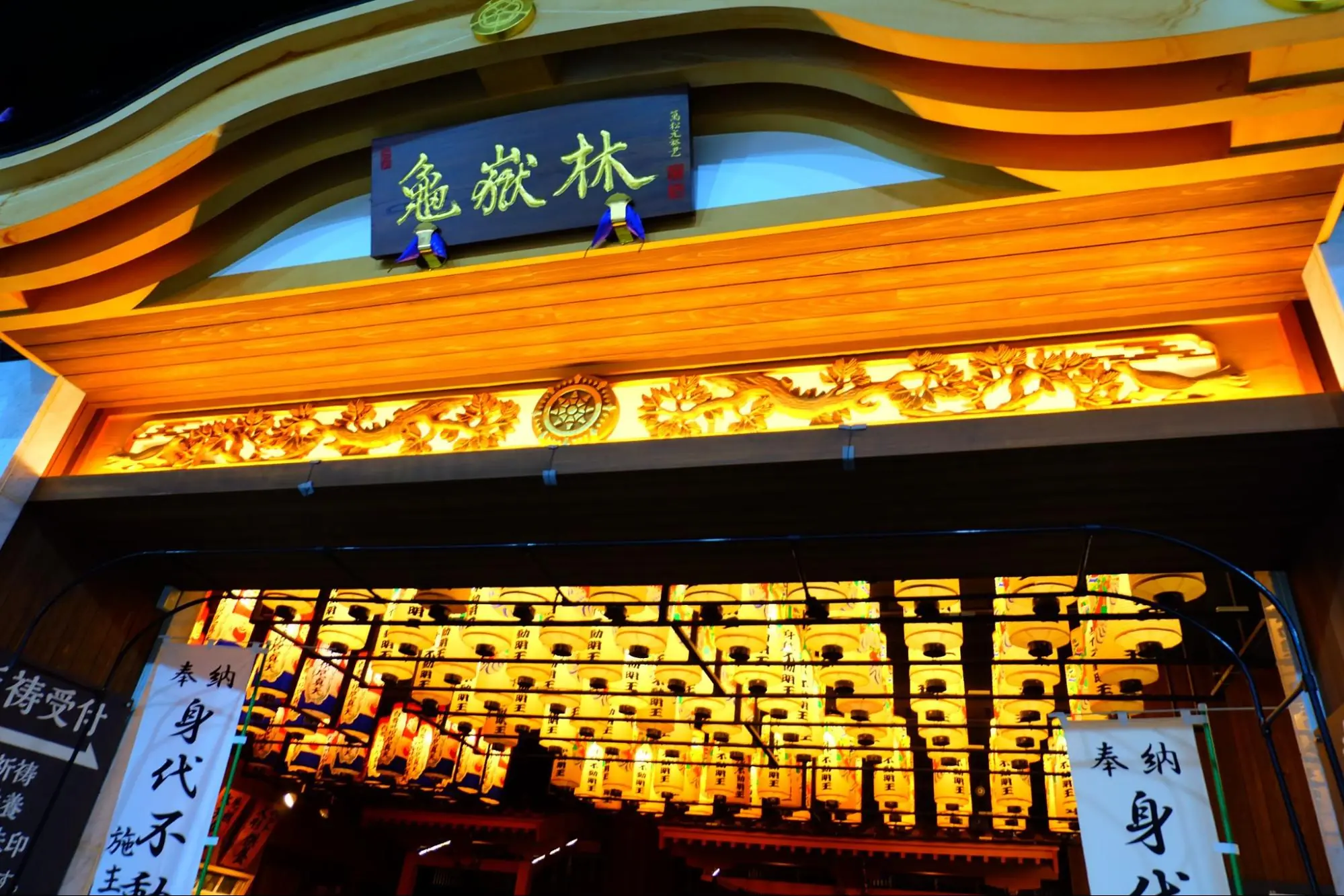
The official name is "Kigakurin Banshoji".
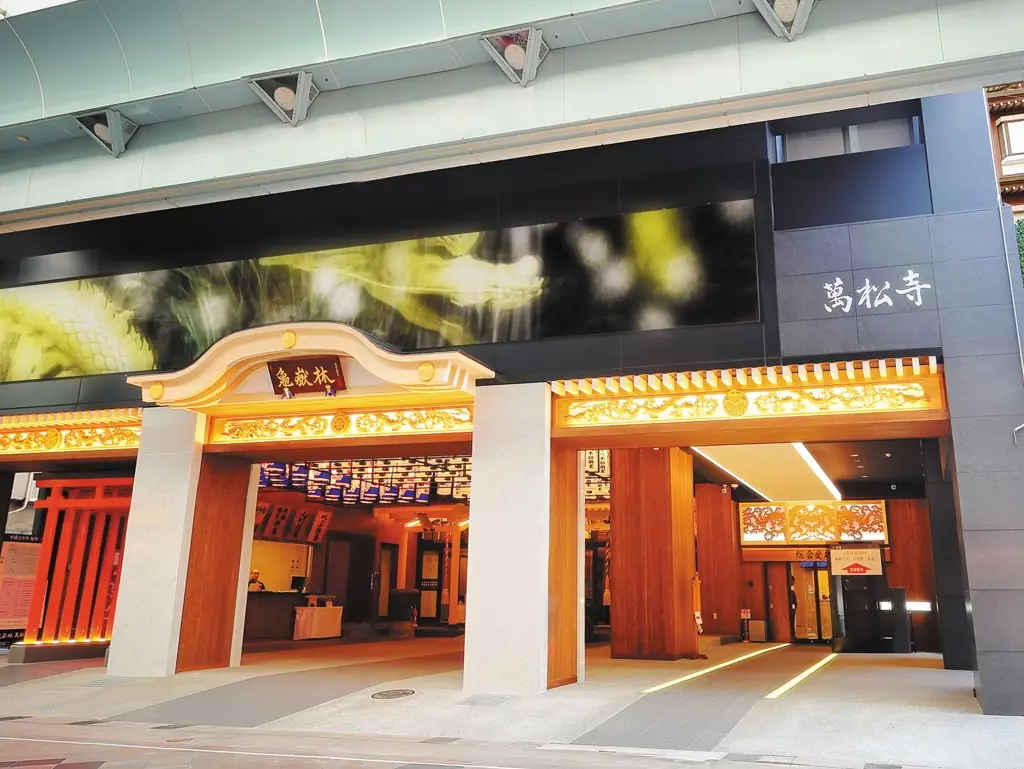
Its foundation dates back to 1540, when Nobuhide, the father of Oda Nobunaga, built it as the family temple of the Oda family.
Originally located in Marunouchi 2-chome and 3-chome, south of the present Nagoya Castle, it was moved to its present location by order of Ieyasu in 1610, after Nobuhide's death. The nail-less building was moved intact, along with the main sanctuary.
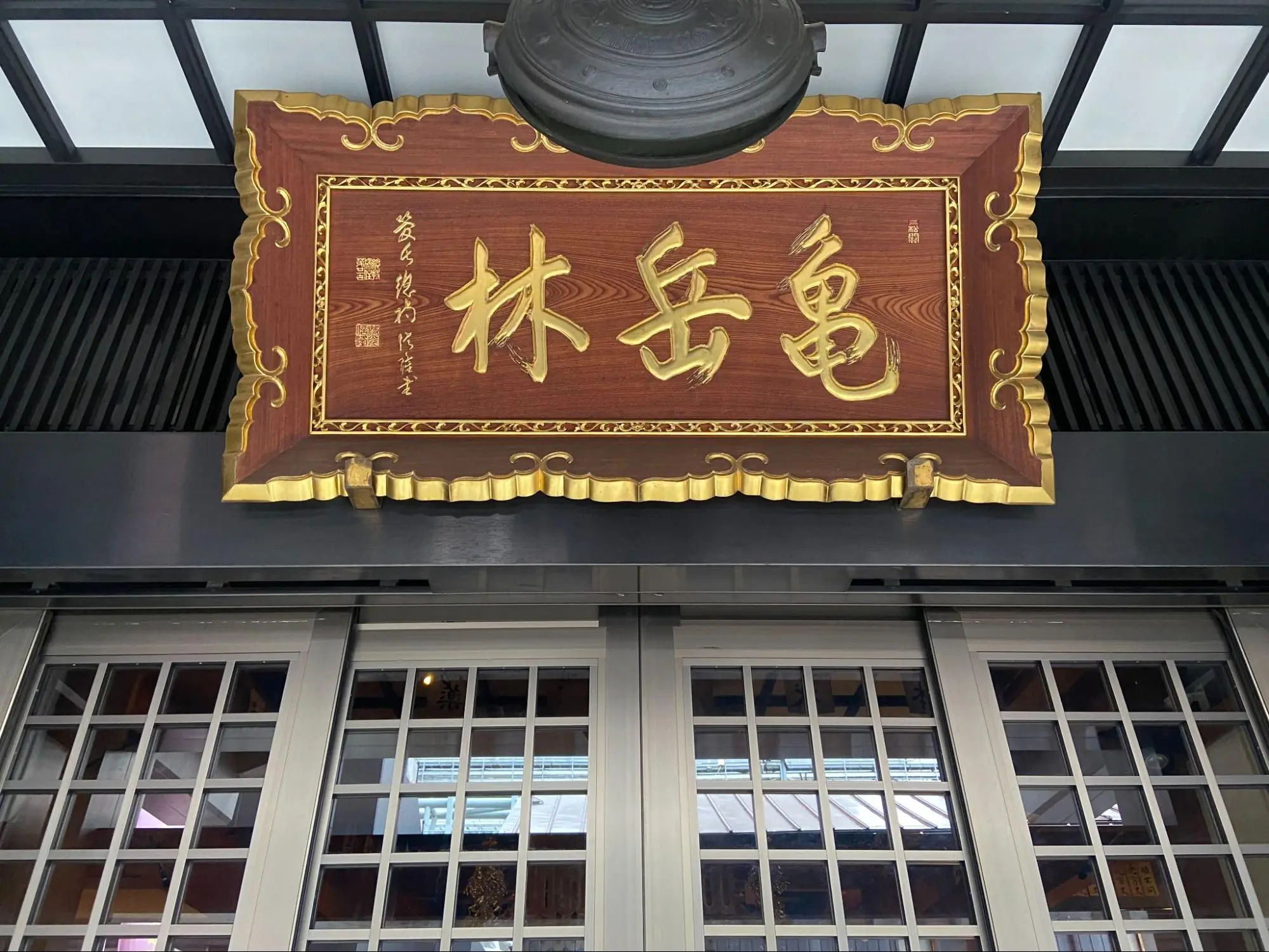
The name "Kigakurin," comes from a dream Nobuhide often had about a turtle crawling out of the woods on the north side of Nagoya Castle, where he lived at the time, and was named after this dream.
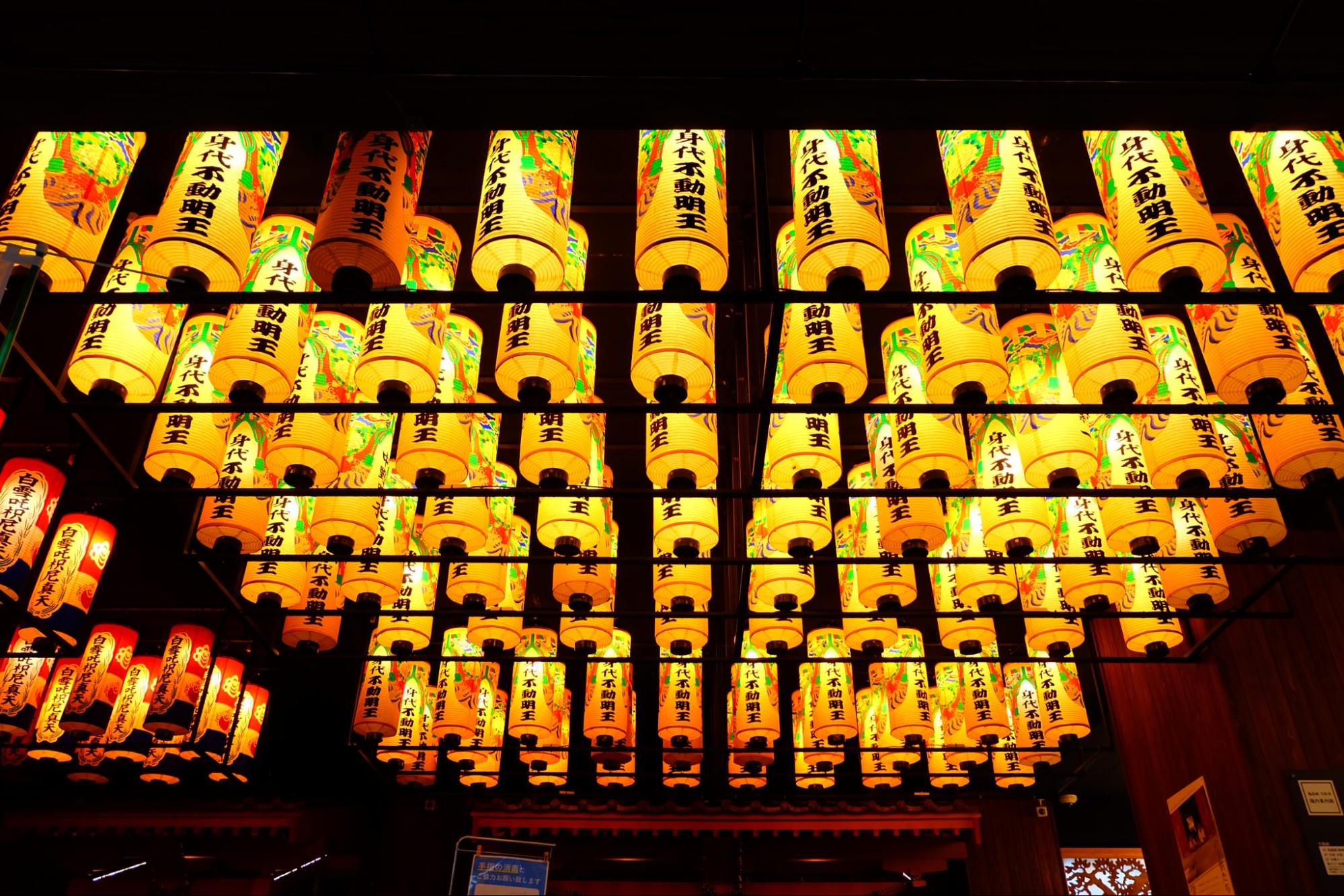
After the Ieyasu regime, it became the family temple of Haruhime, the lawful wife of Yoshinao, the first lord of the Owari Tokugawa Family. Why did it change from the family temple of the Oda family to Tokugawa Family? It seems that the reason was that Ieyasu didn't want to use the name Oda because he was afraid of Nobunaga.
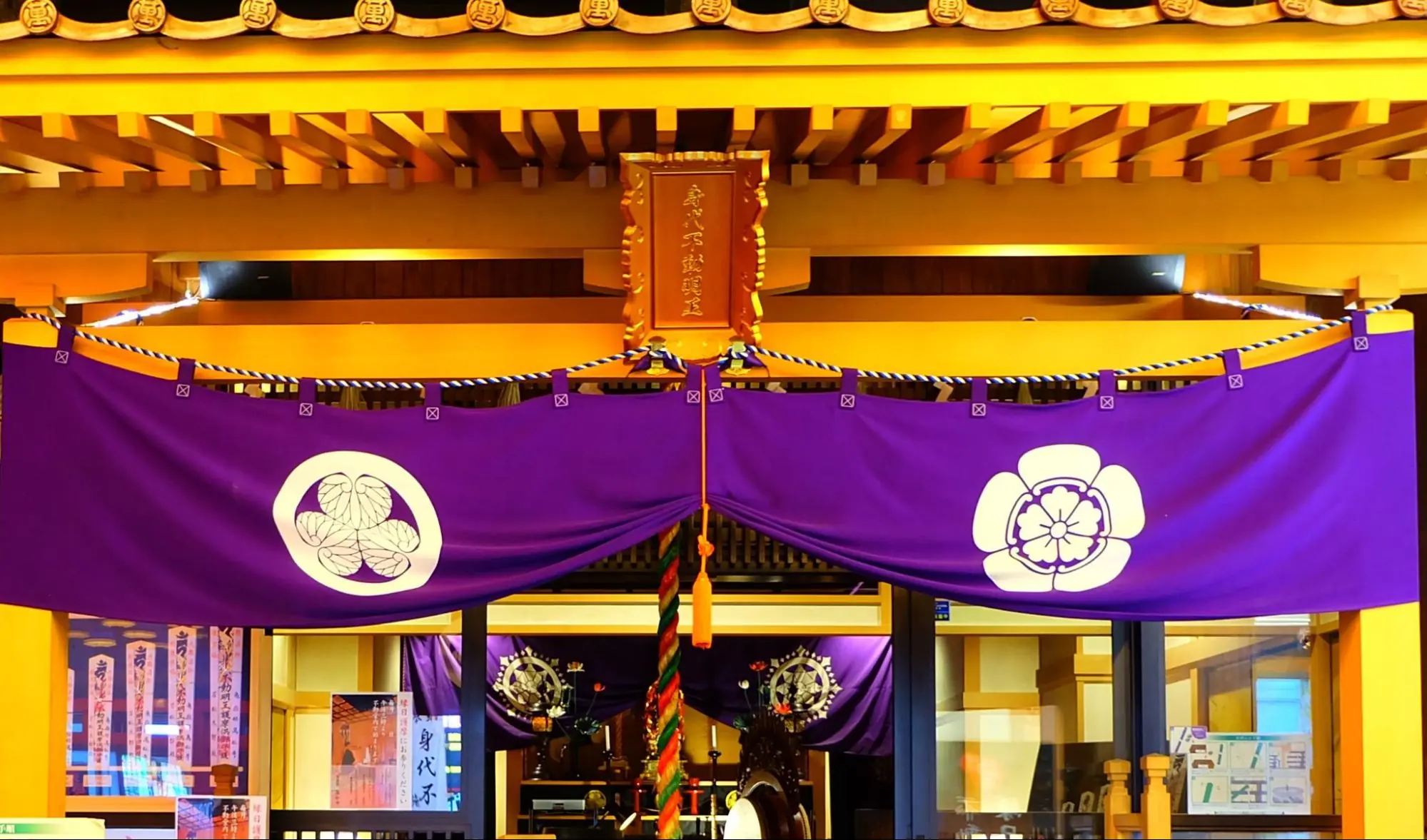
The left is the family crest of Tokugawa Family, "Mitsuba Aoi", and the right is the Oda family's family crest, "Mokkoumon".
Therefore, it is imagined that only Tokugawa Family crest "Mitsuba Aoi crest" was originally hung, but now it is characteristic that the Oda family crest "Mokkomon" is displayed side by side.
Introduction of the precincts
"Fudodo" enshrining Migawari Fudo Myo-o
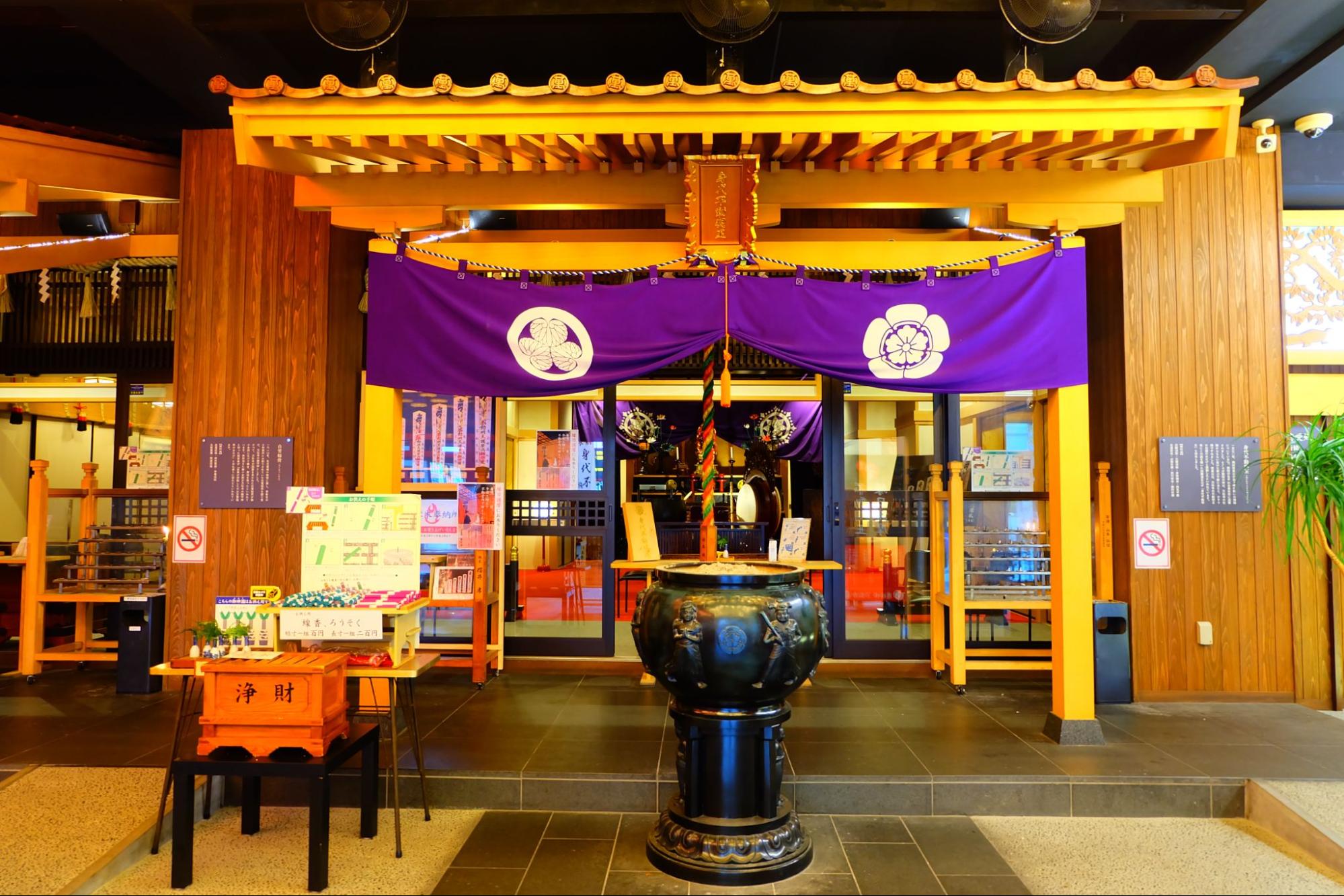
This "Fudodo" is located right in front of the shopping street. It enshrines Fudo Myo-o called "Migawari Fudo Myo-o".
The reason why it is called "Migawari" (substitute) is because when Nobunaga was on his way back from an attack on the Asakura family's territory in present-day Fukui Prefecture and was unexpectedly shot with a gun, he was saved by a dried rice cake he had received from a monk in Banshoji that he had kept in his chest.
Nobunaga thanked the protection of Fudo Myo-o of Banshoji, whom he worshiped on a daily basis. After Nobunaga's death, Kiyomasa Kato heard about it and named it 'Migawari Fudo Myo-o'.
Inari-do" enshrines Inari, a deity of prosperous business
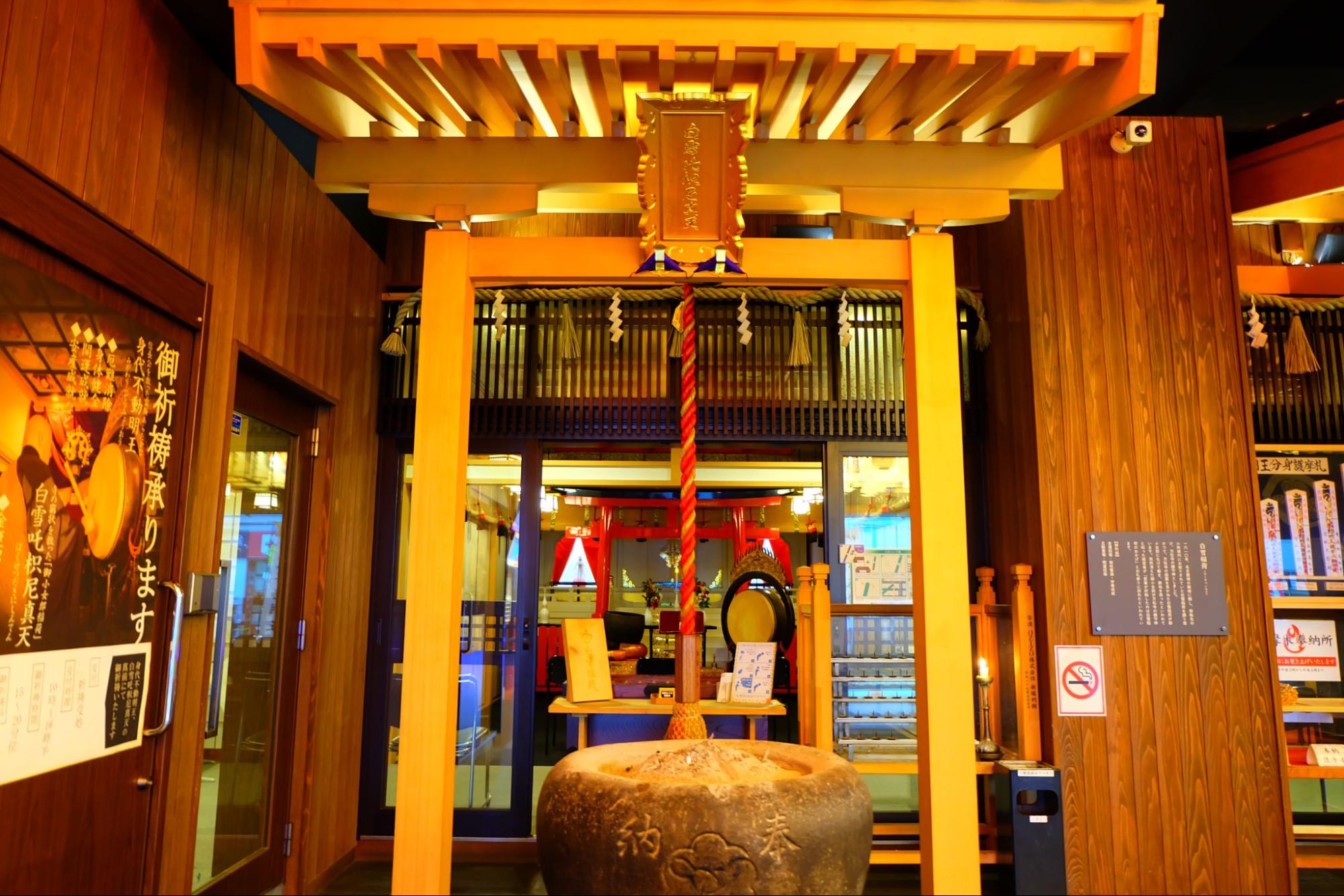
Inari-do is next to Fudo-do.
It enshrines an Oinari-sama called "Shirayuki Inari", but Shirayuki is a rather unusual name, isn't it?
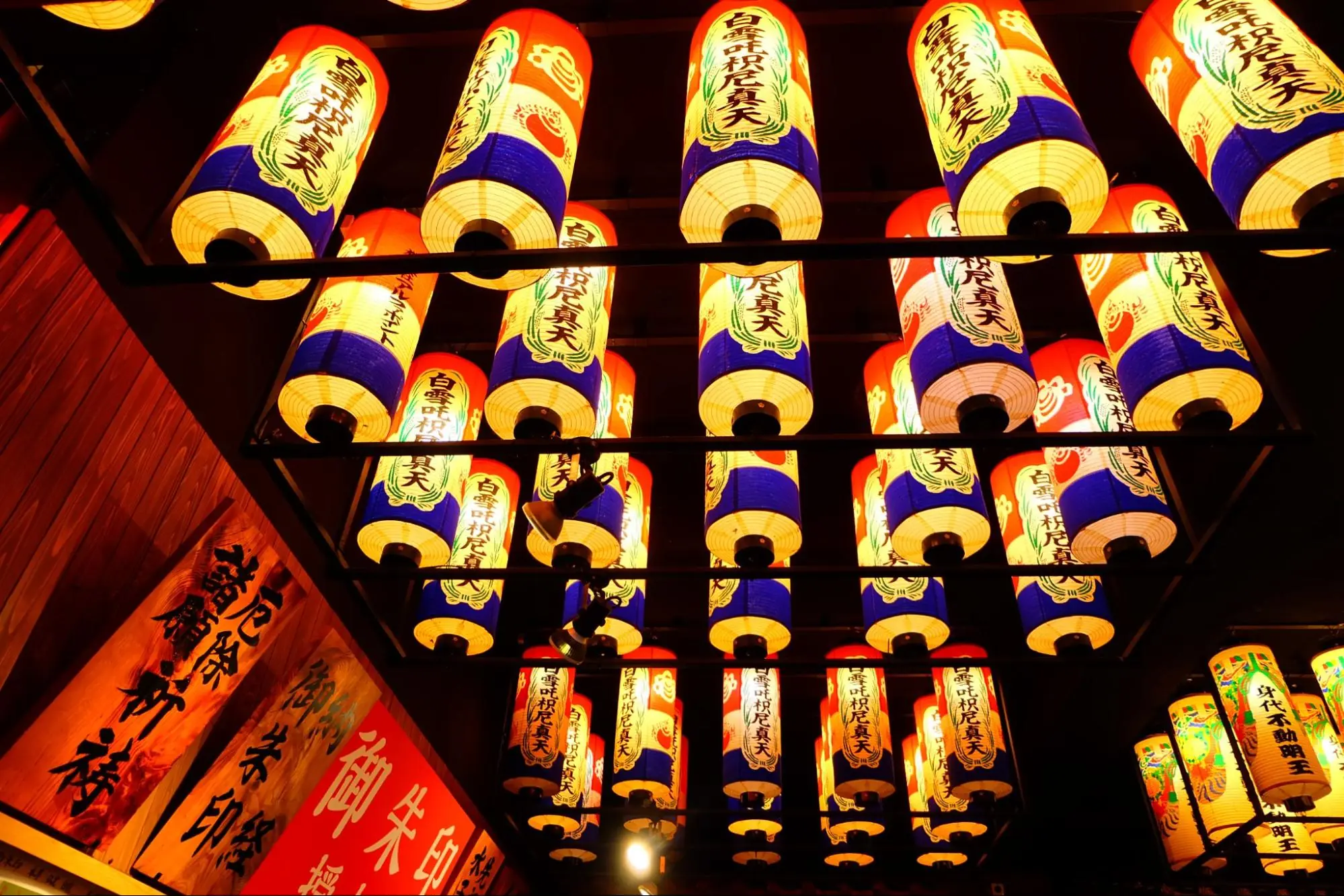
This area was originally the Kobayashi Castle of the Maki family, vassals of Nobunaga, and the name "Shirayuki Inari" was derived from the Chiyobo Inari Shrine, which was worshipped by the Maki family at that time, and from the white foxes that lived on the mountain.
The main hall enshrining the eleven-faced Kanzeon Bosatsu
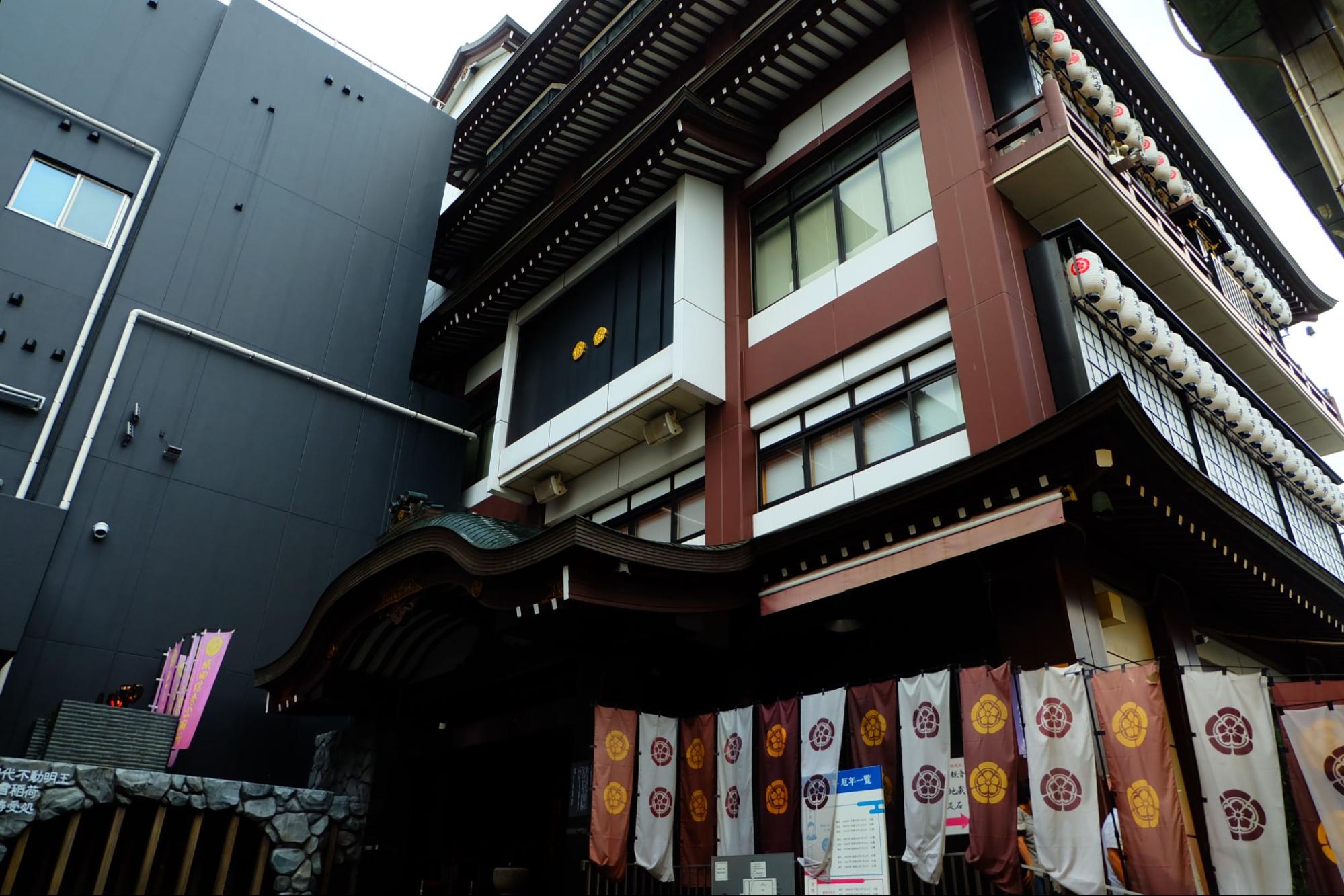
The main hall is located behind the Fudo-do and Inari-do buildings. It was destroyed by fire in the Great Nagoya Air Raid in 1945, but after the war, the Inari-do Hall and Fudo-do Hall were built, and the main hall was completed later in 1994.
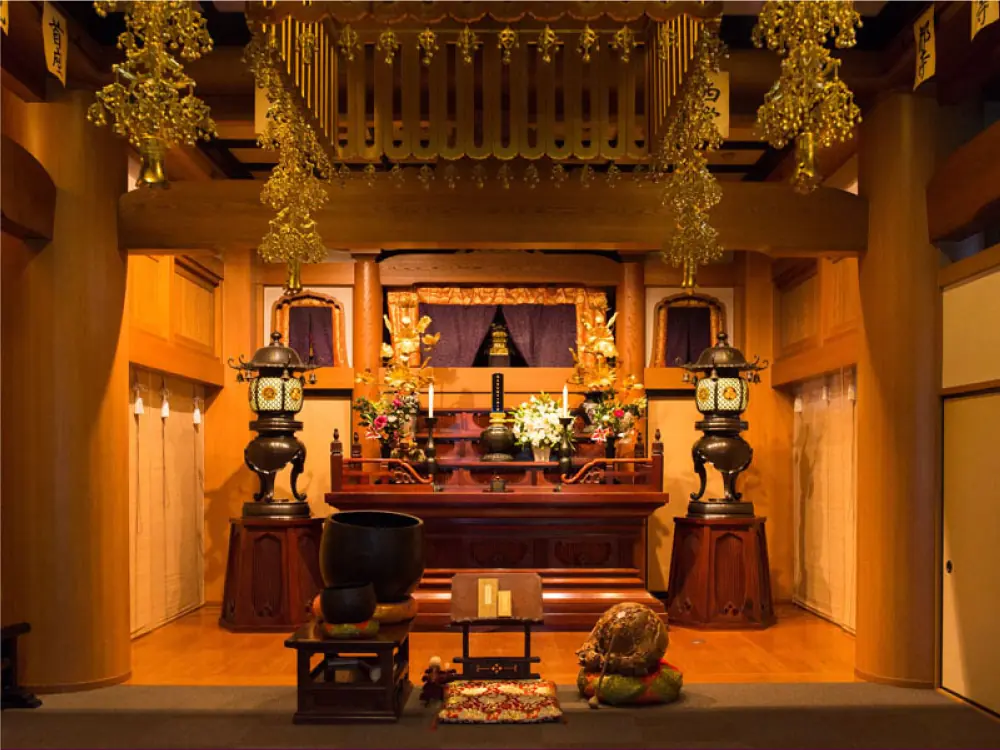
The principal image of the main hall is the eleven-faced Kanzeon Bosatsu. In addition to the original face, it is a transformation of Kanzeon Bosatsu, which has 11 faces on its head, and is said to watch over all directions and save all sentient beings living in the six realms. Standing in front of the Kannon, you will feel calm.
Nobunaga's "Karakuri doll 'Nobunaga'" performed regularly
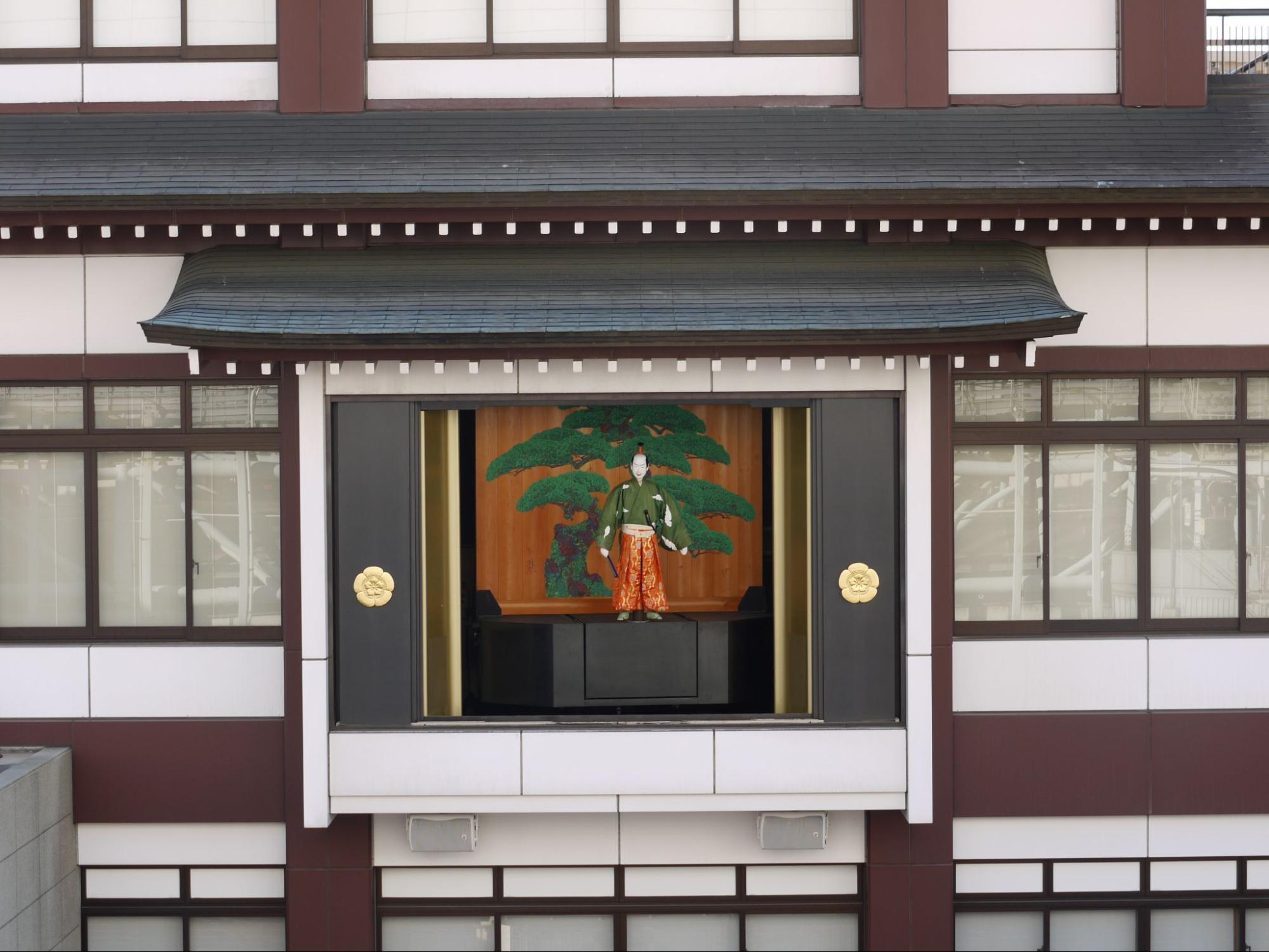
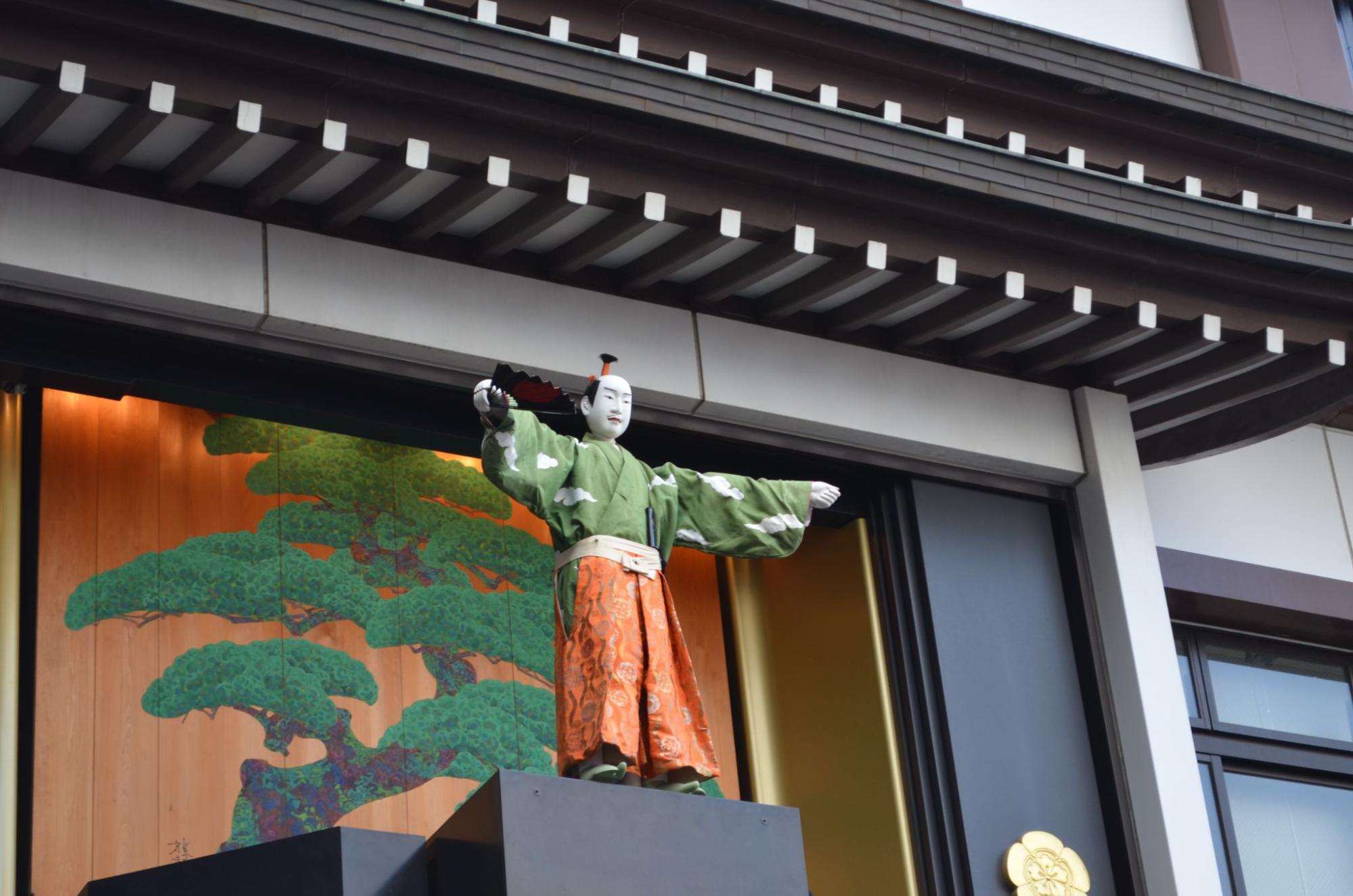
The "Karakuri doll Nobunaga" is performed regularly in the main hall. Nobunaga was known as a impudent man, and the episode that made his name widely known is reproduced with this Karakuri doll.
*Made by Karakuri doll maker Shobei Tamaya 8th.
<Performance time>
10:00/12:00/14:00/16:00/18:00 (Performances may be canceled due to events, etc.)
Haruhime's Guardian Buddha "Ofuke Kannon"
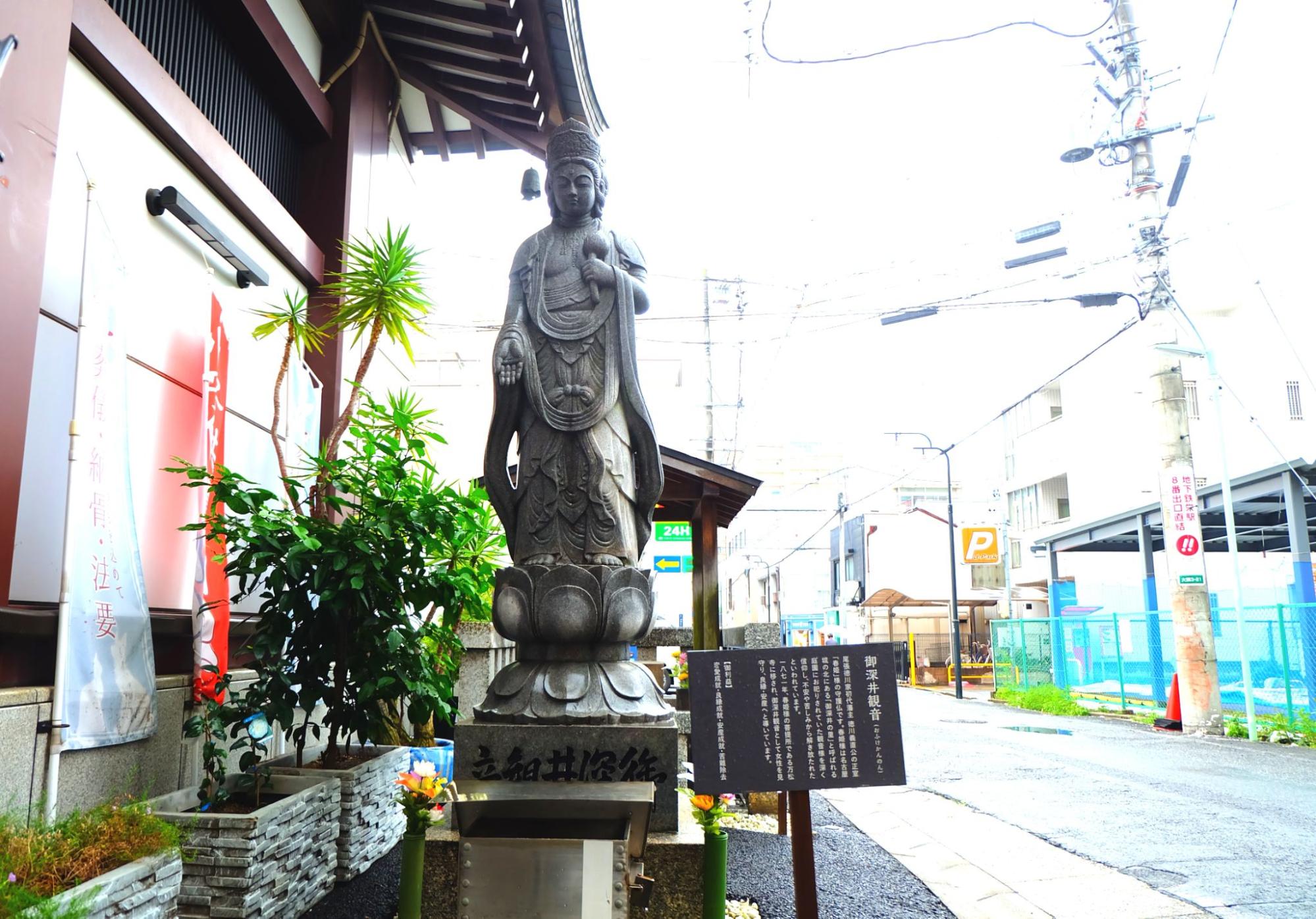
Also standing quietly next to the main hall is Ofuke Kannon, the guardian deity of Haruhime, the wife of the first lord of the Owari Tokugawa clan, as explained at the beginning of this article. It is said to be beneficial for the fulfillment of love, good marriage, and safe delivery.
Will your wish come true? "Omokaru Jizo"
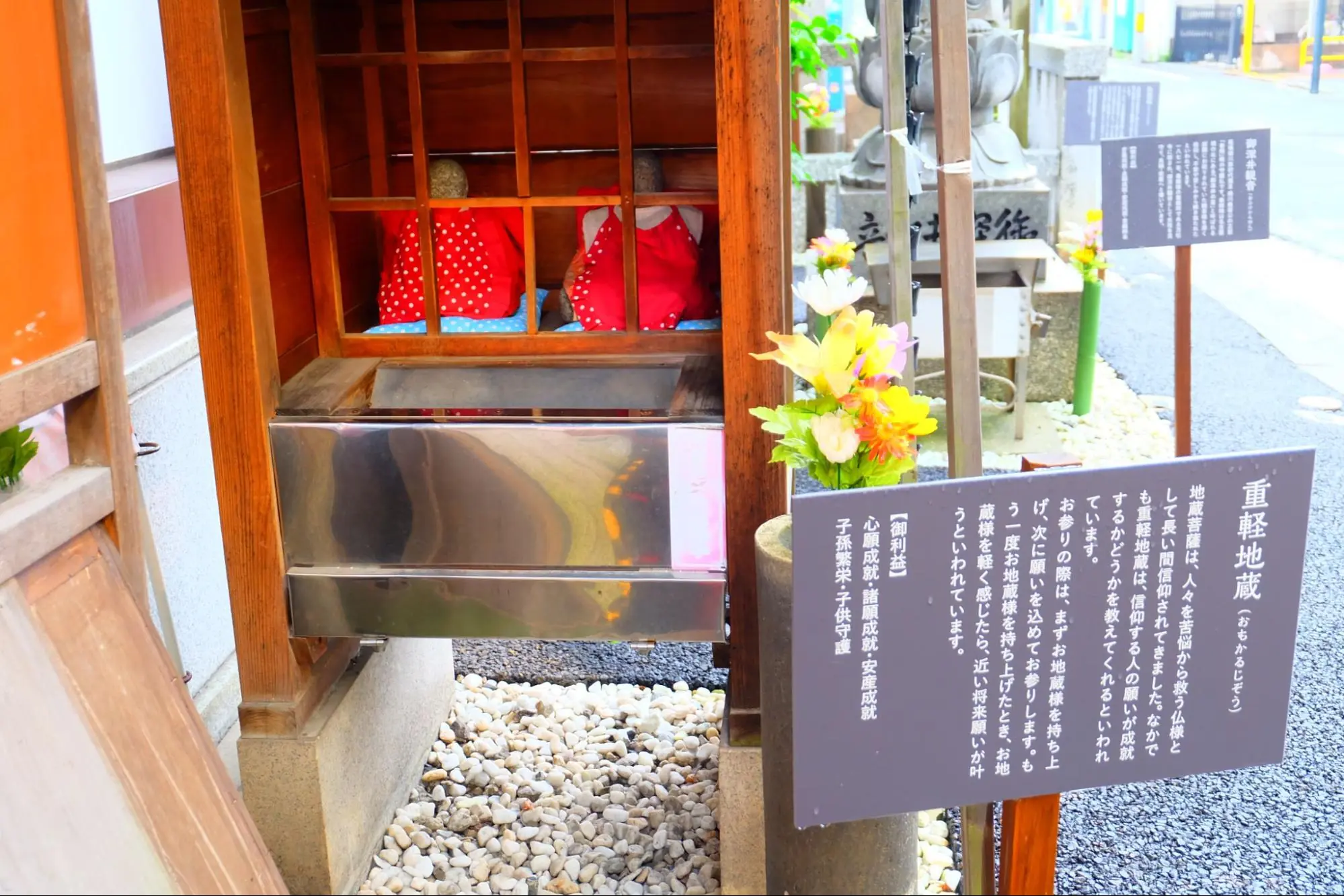
In front of it is Omokaru Jizo. Jizo Bosatsu (Jizo Bodhisattva) has been believed to be a Buddha who saves people from suffering, and Omokaru Jizo is said to be able to tell people whether their wishes will be fulfilled or not.
In fact, you can challenge yourself to see if your wish will come true here as well. First, lift up one of the Jizo statues, then pray with your wish, and lift it up again. If it is light at that time, the wish is said to come true. When lifting up the Jizo, please put your hand between the wooden lattice and lift it up.


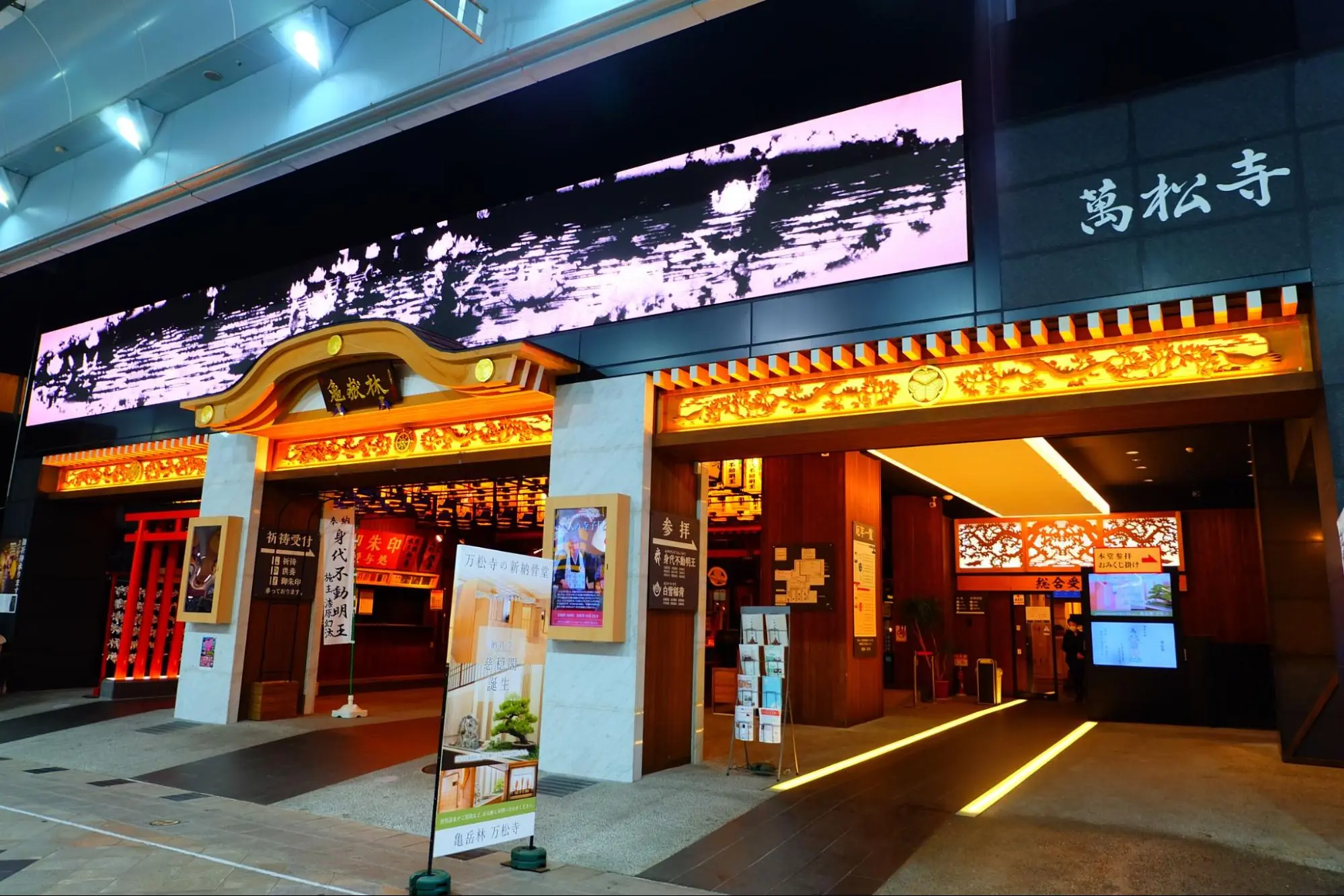
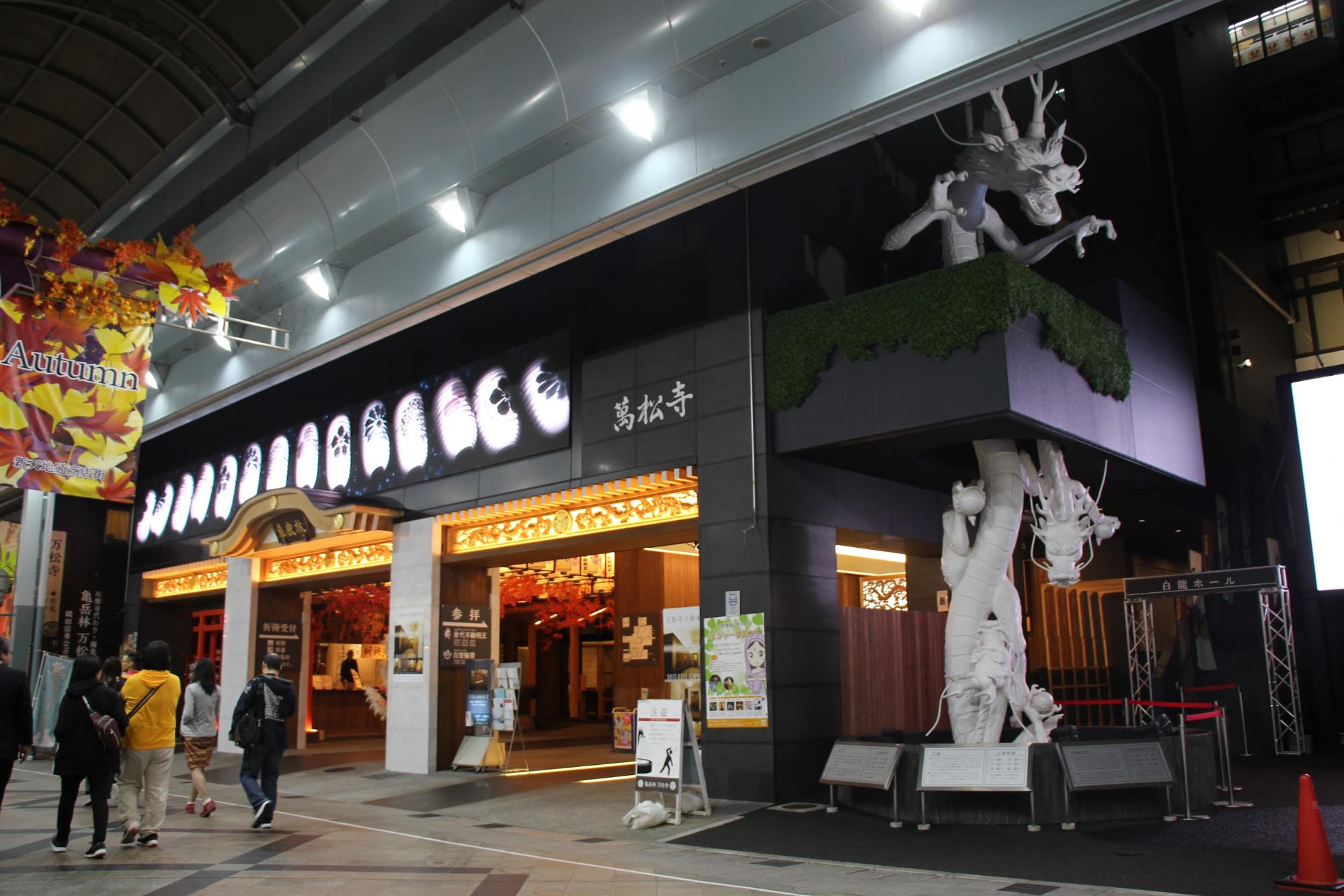
![[Tokai Area] Shrines and Temples](https://life-designs.jp/wp/wp-content/uploads/2022/03/4b6784b9a0a6f408160ee9c32a307138-1024x580.png)
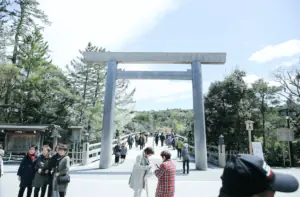
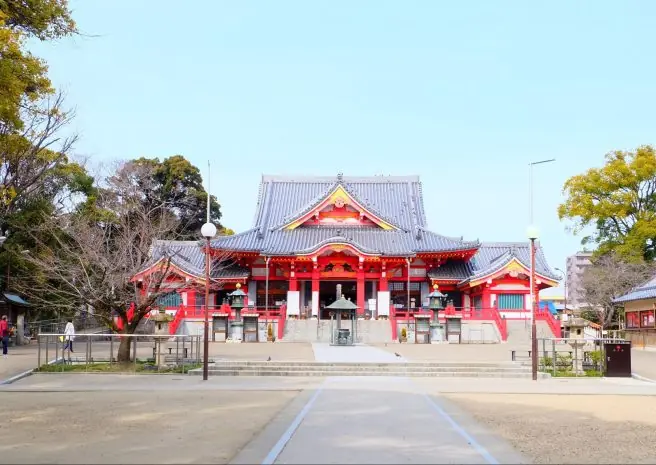
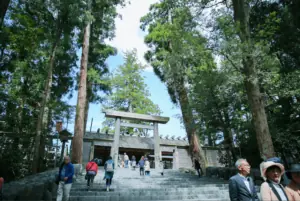
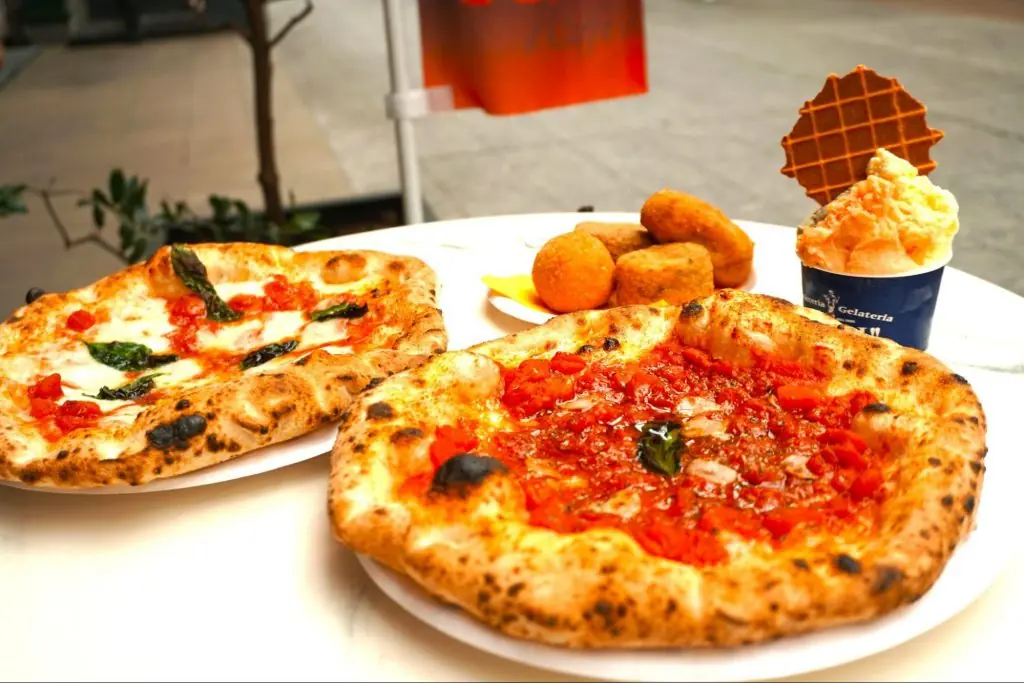
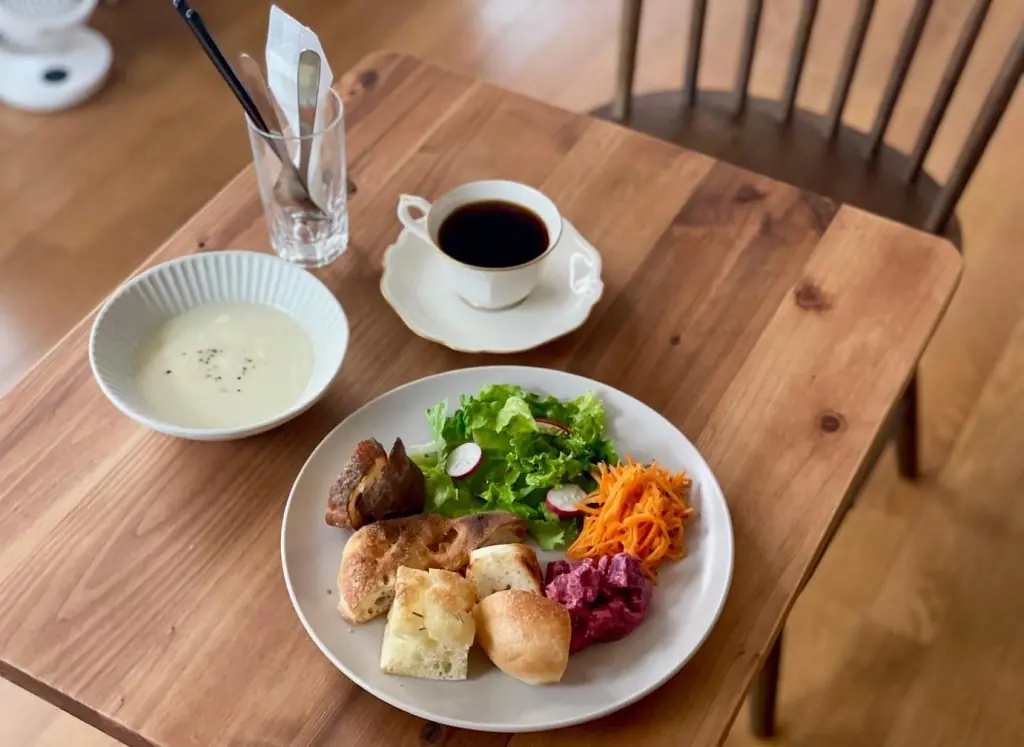
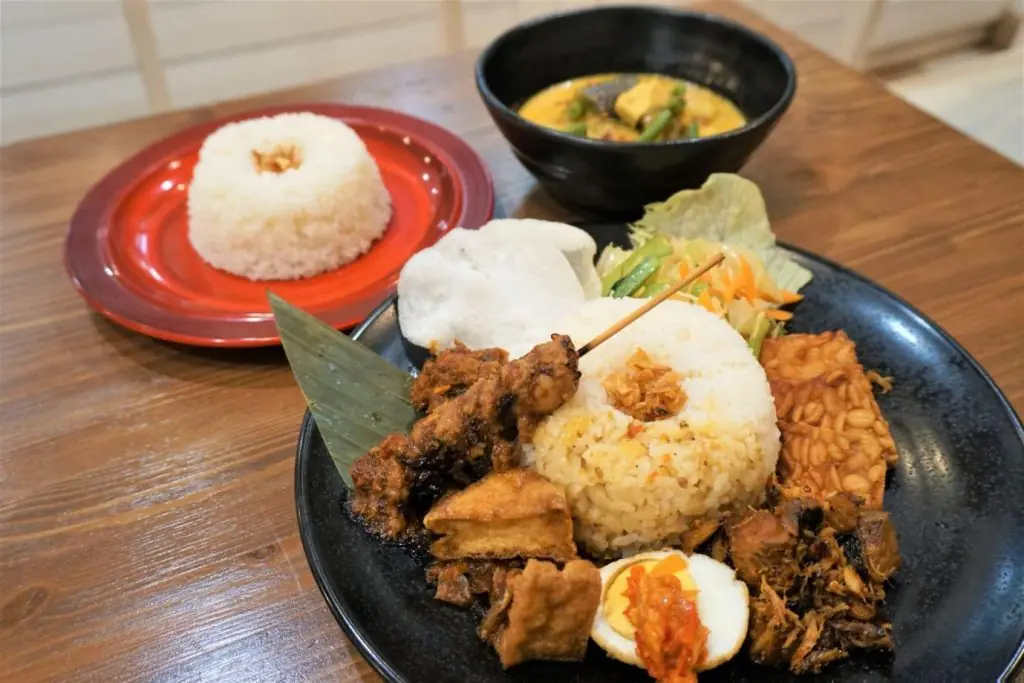
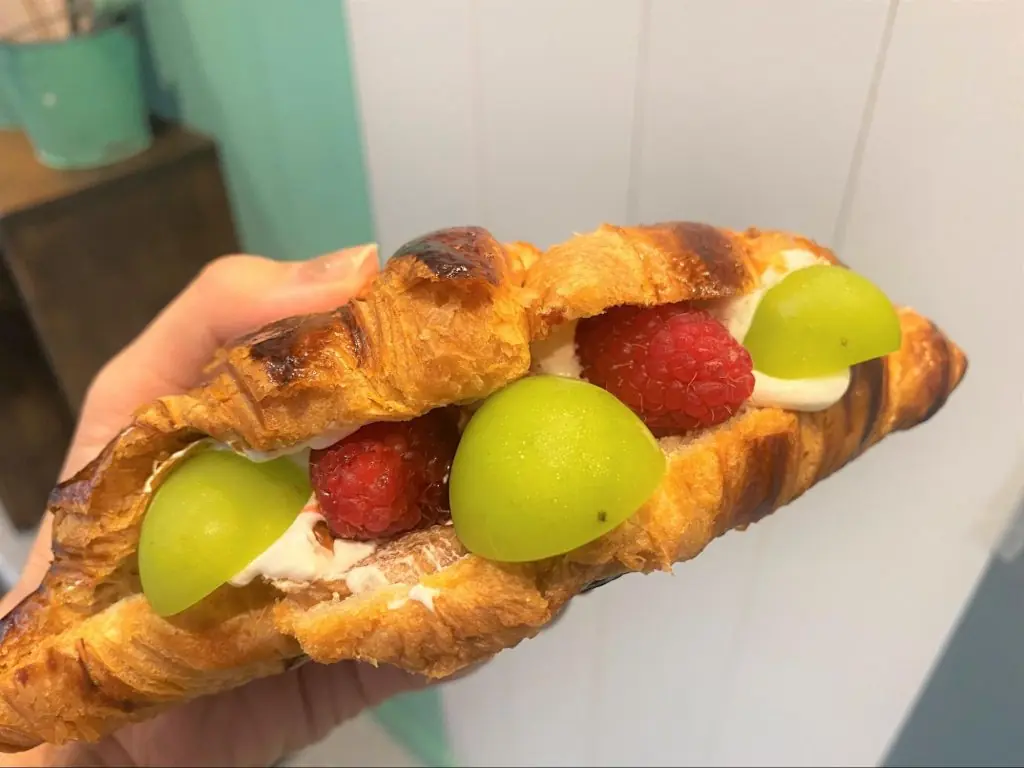
![[Ozone, Nagoya] "Yamada Tenmangu" where you can Visit with All Kinds of Purposes](https://life-designs.jp/wp/wp-content/uploads/2022/02/image31-4-2-1024x683.jpg)

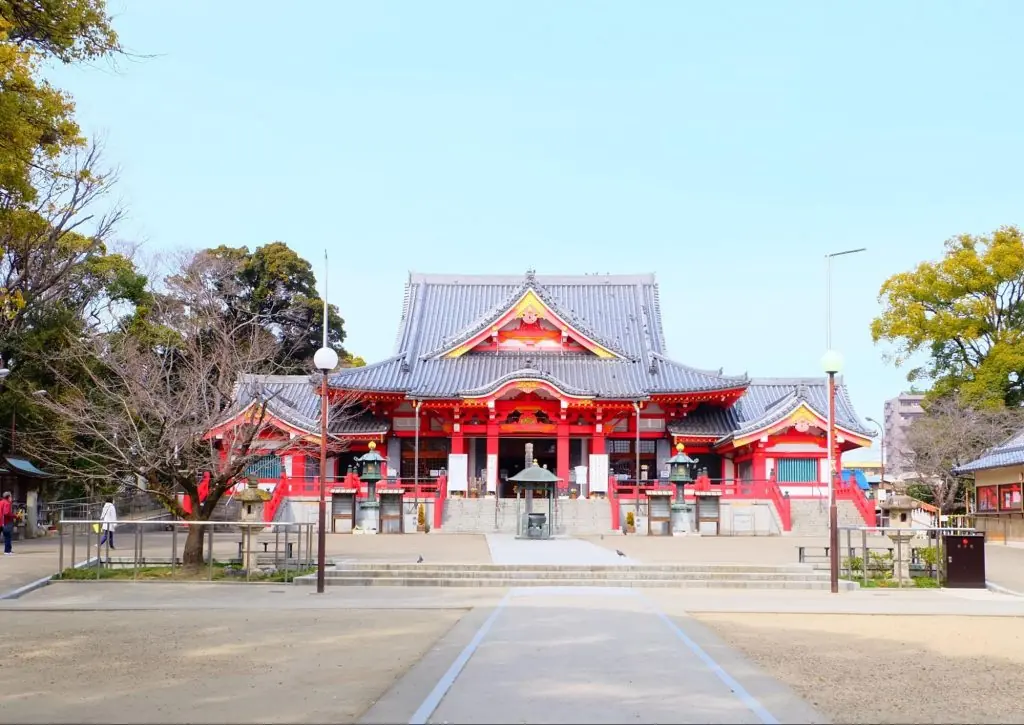
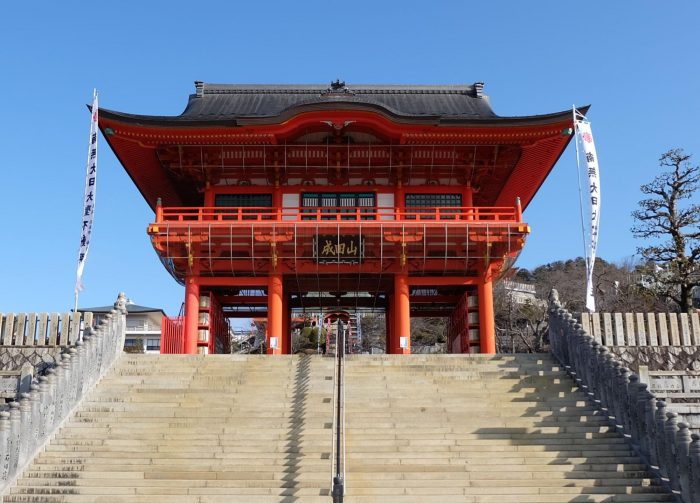
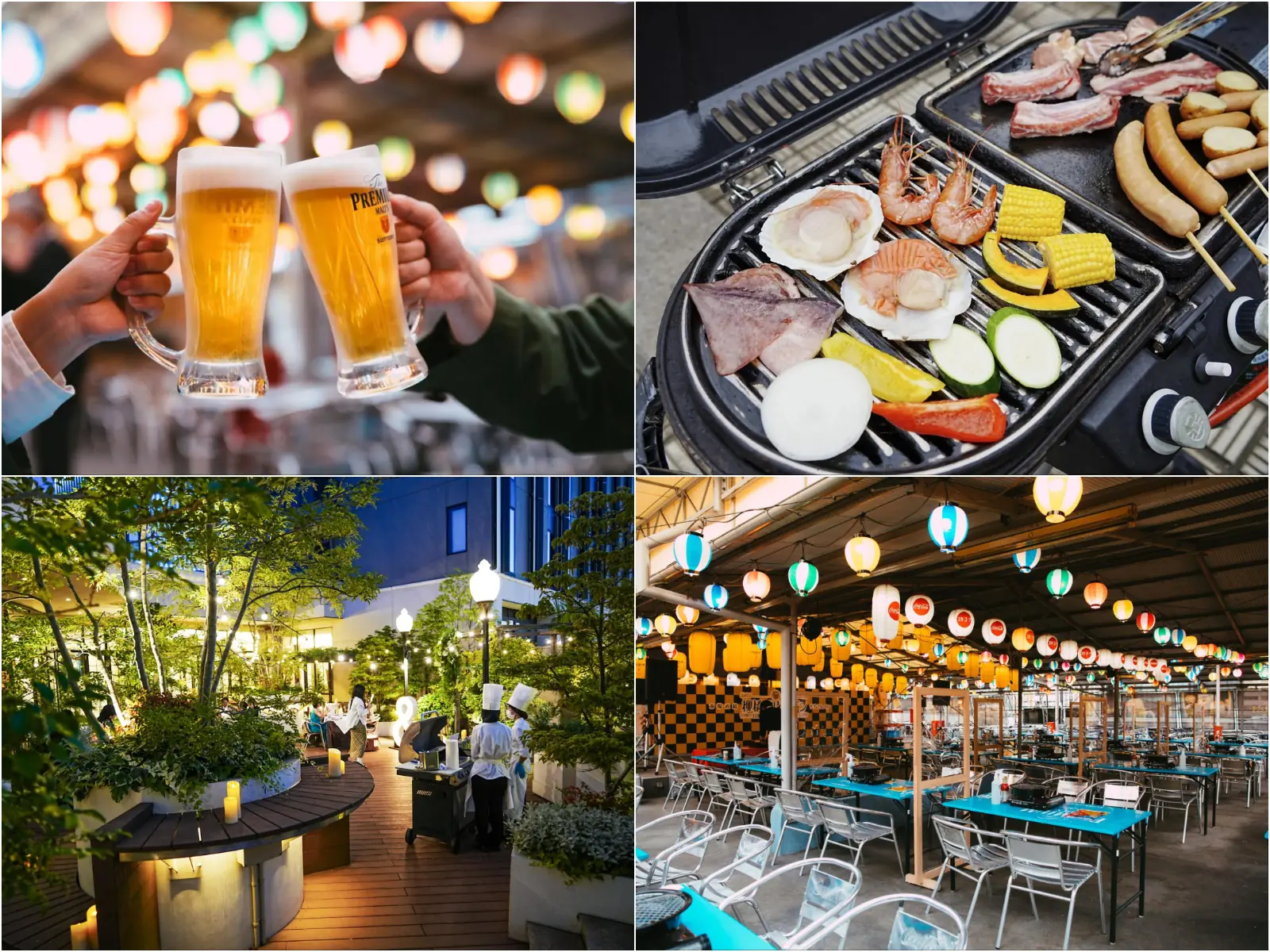
![[Indoor Facilities] Where to Go on Rainy Days in Tokai Area! For Family Outings!](https://life-designs.jp/wp/wp-content/uploads/2023/07/FotoJet-23.jpg)
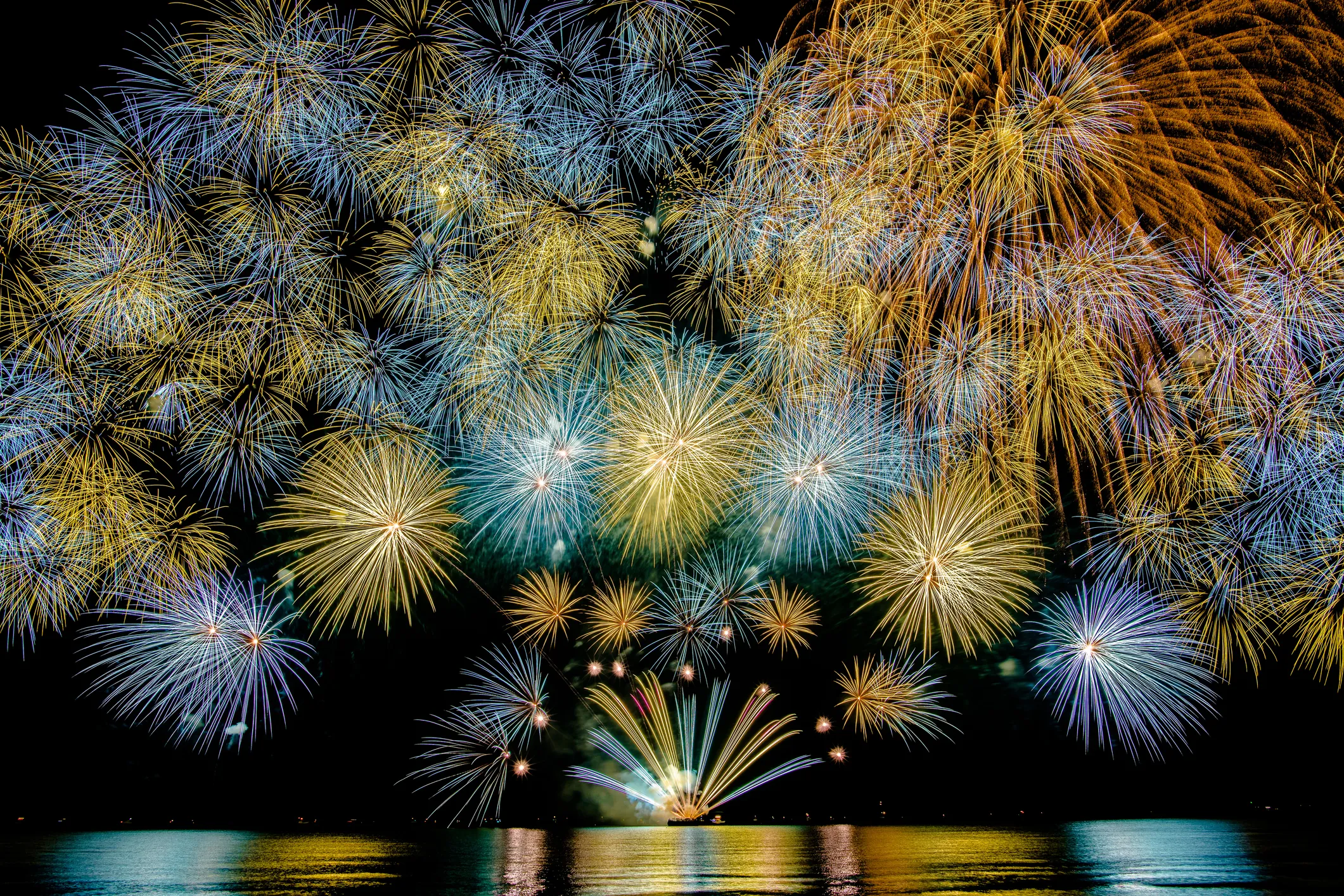
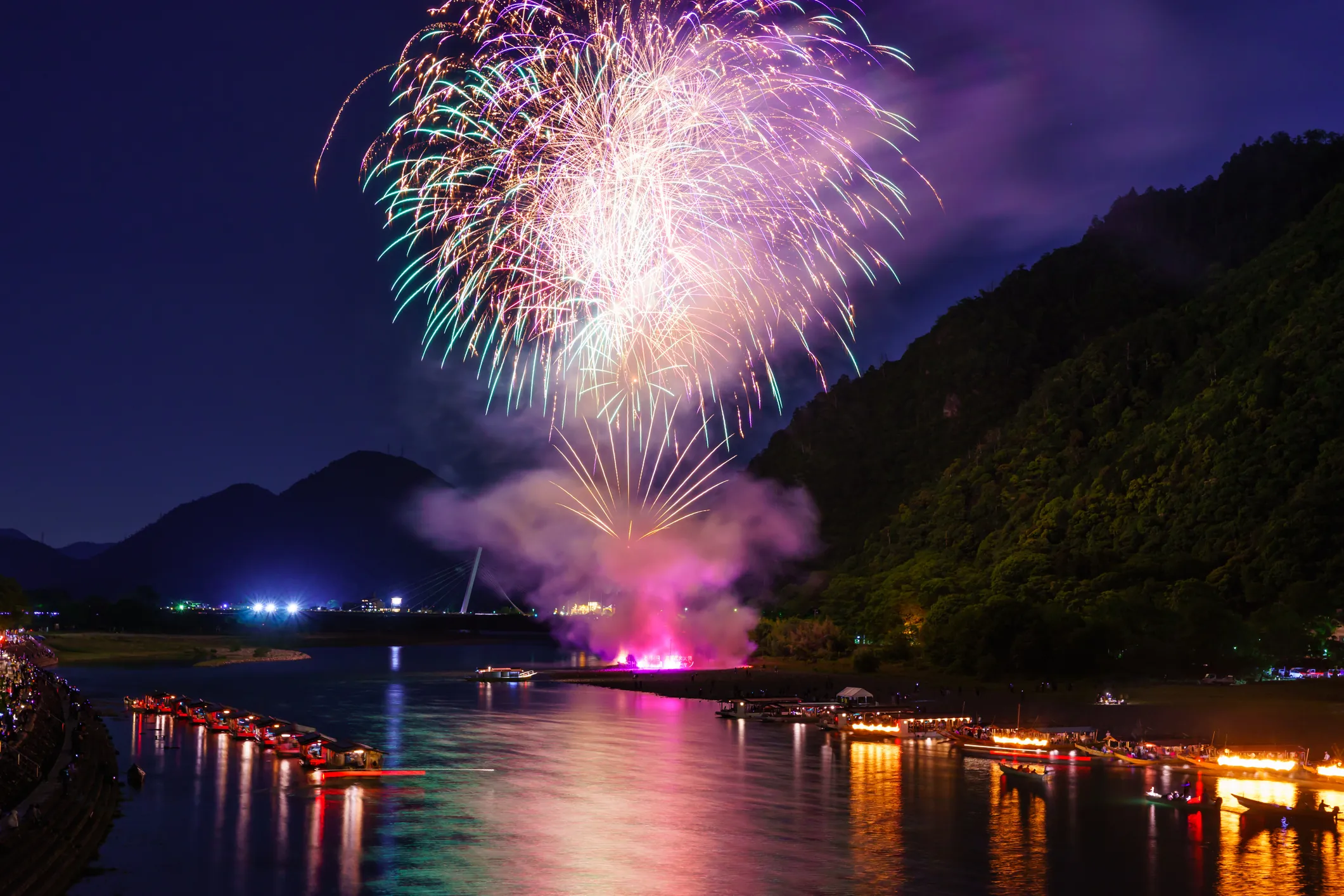

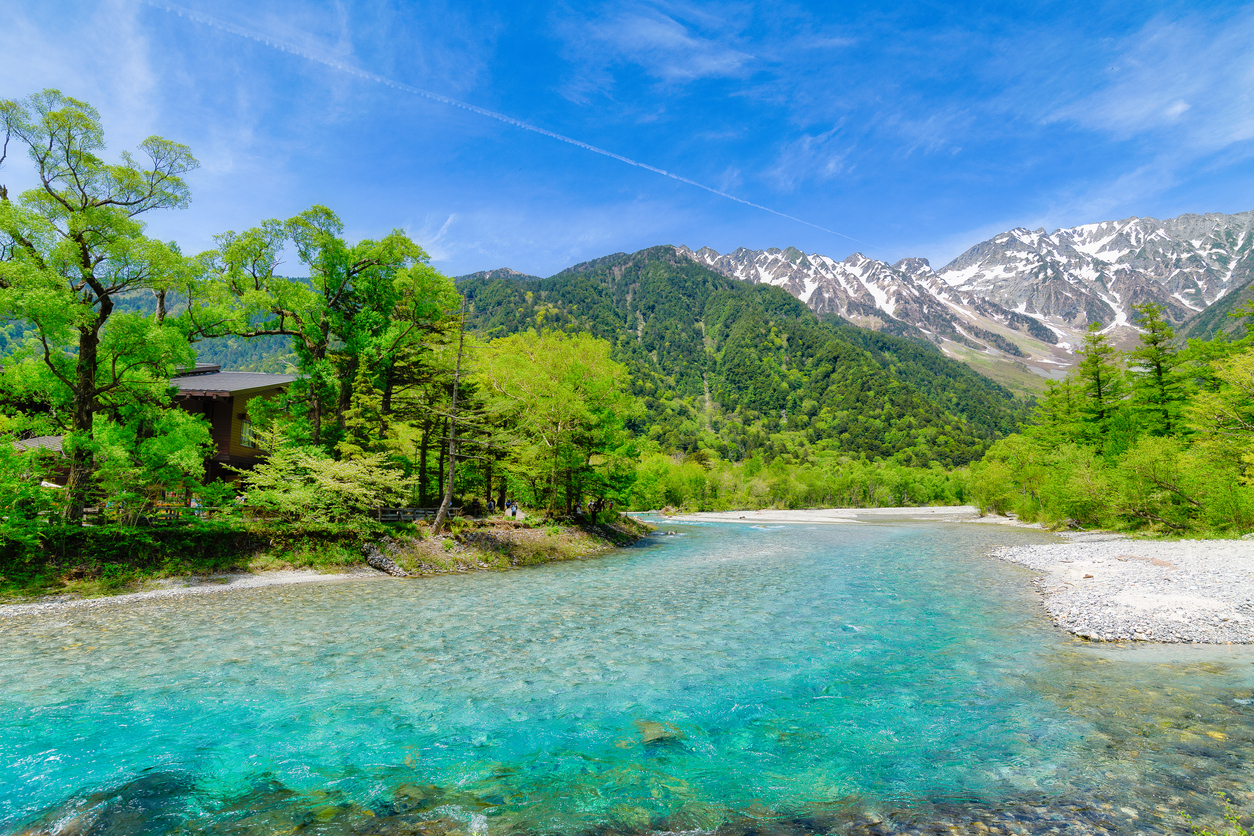
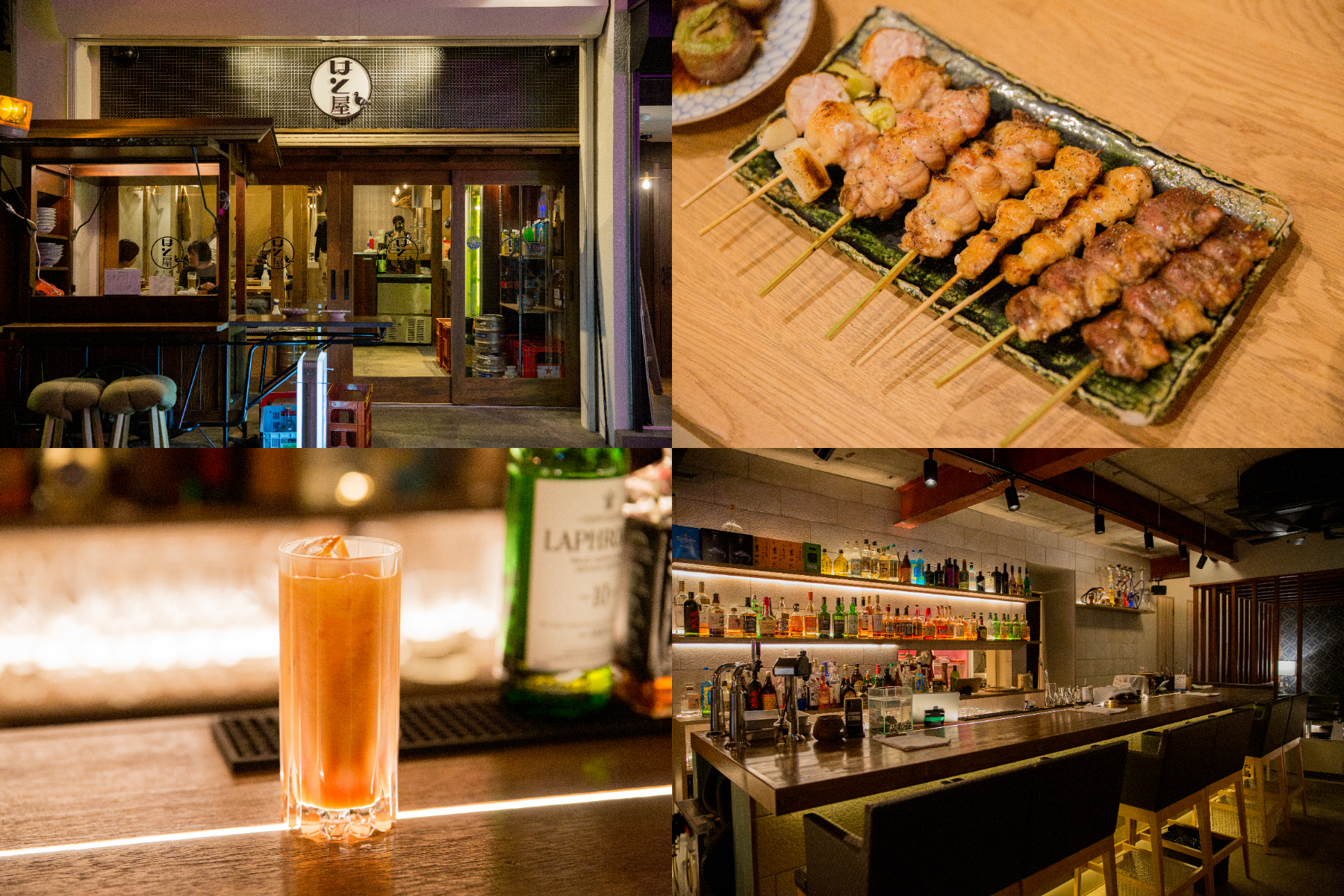
![[Tokai Area] Place to Go on Rainy Days!](https://life-designs.jp/wp/wp-content/uploads/2022/03/f76405aaa33944a4ba88a131fbc56523-768x435.png)
![[Tokai Area] Scenic Spots which You'll Never Forget](https://life-designs.jp/wp/wp-content/uploads/2019/12/LD_banner_w1920x1088_prospect-1-768x435.jpg)
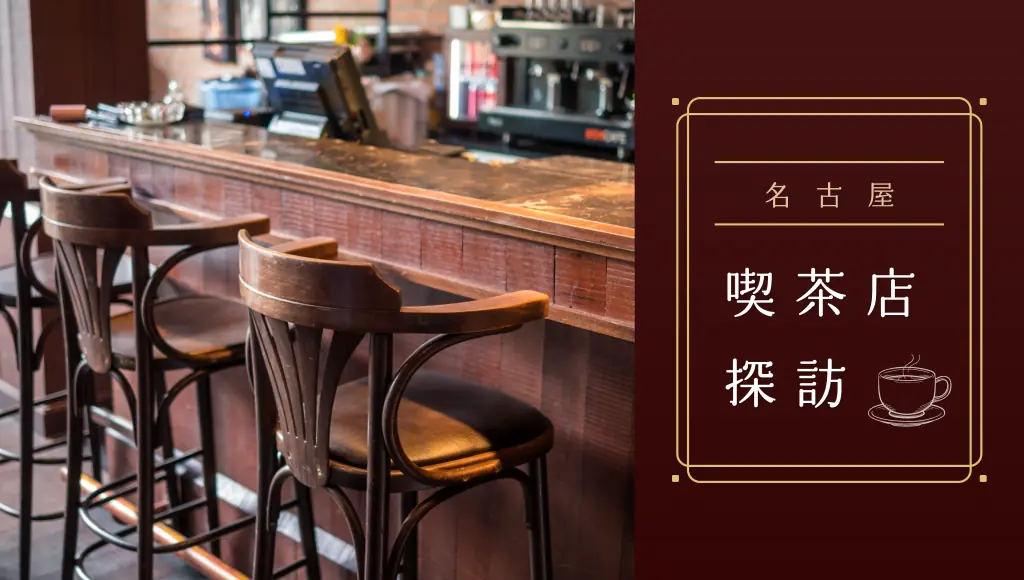
![[Ghibli Park] Beginner's Guide](https://life-designs.jp/wp/wp-content/uploads/2023/07/ghiblipark_w1920h1088_20240422-1024x580.png)
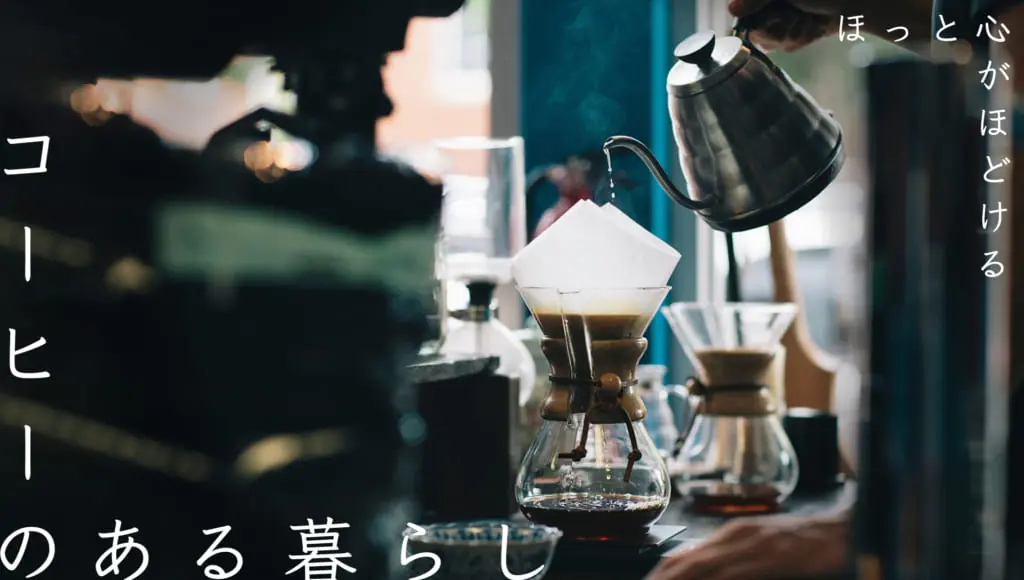
![[Nagoya-meshi] Nagoya's Speciality Dishes](https://life-designs.jp/wp/wp-content/uploads/2022/06/5ba2ca8c038fd4af7527bc0826367cfb-1024x580.png)
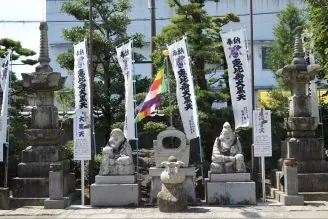
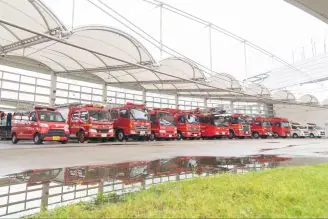
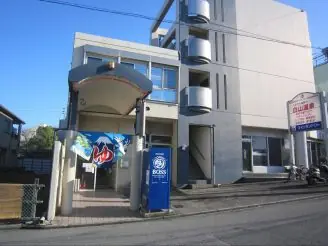
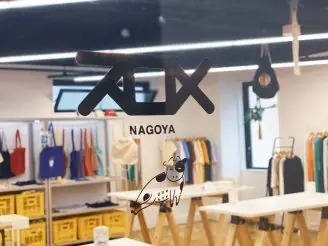
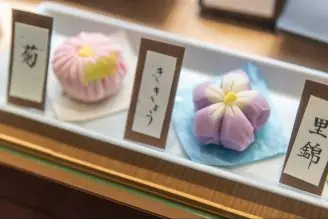
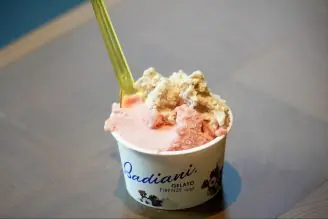
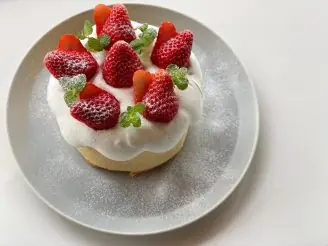
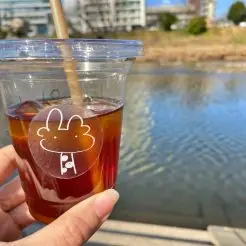
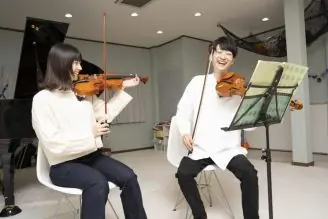
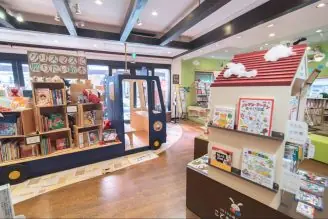

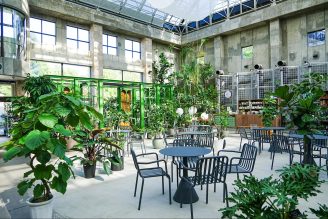
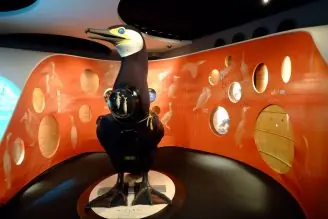

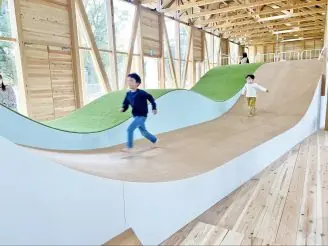
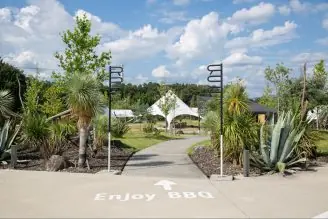
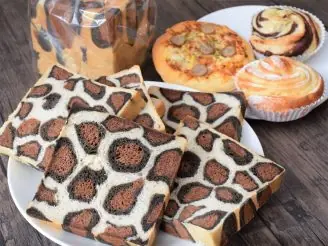
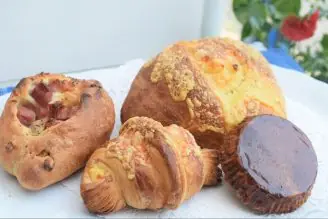
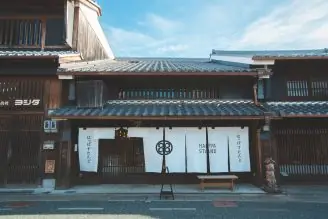
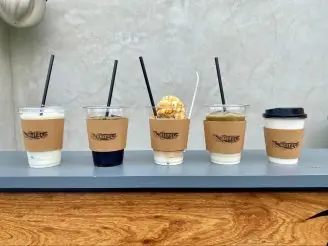
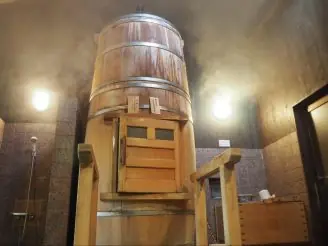
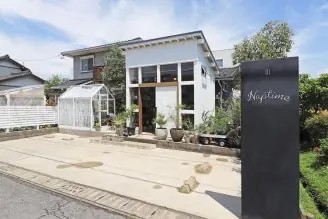
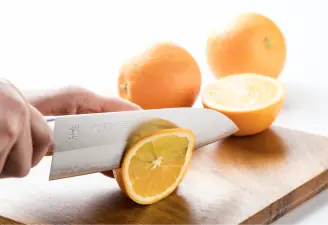
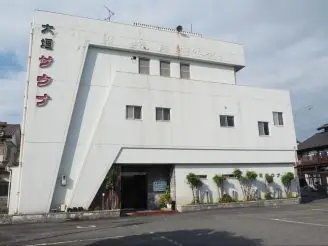
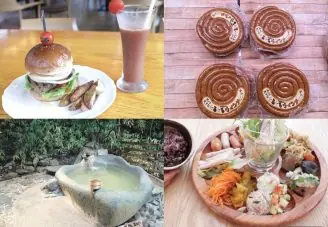
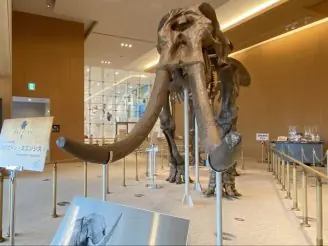
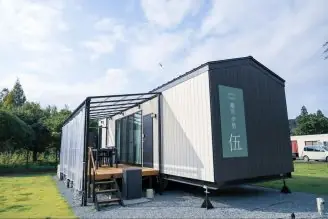
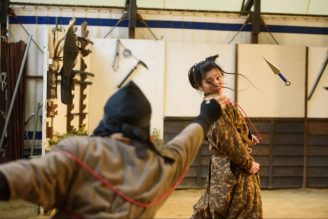
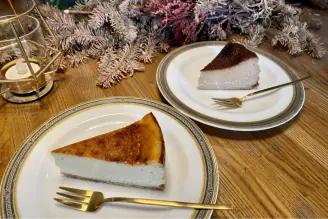
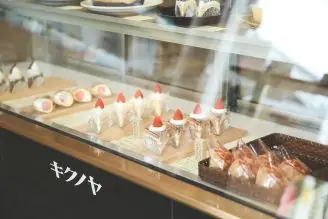

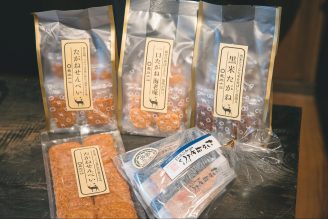
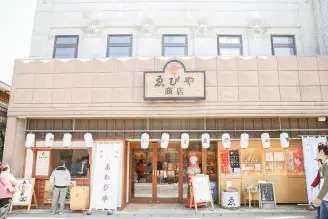
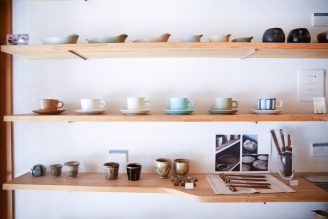
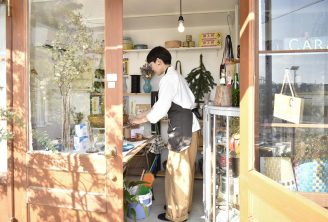
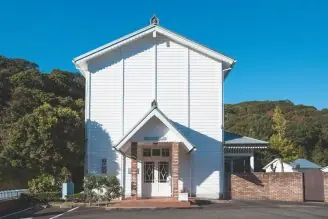
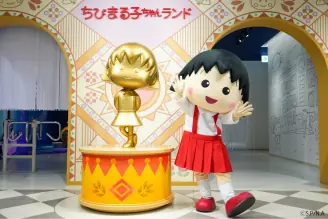
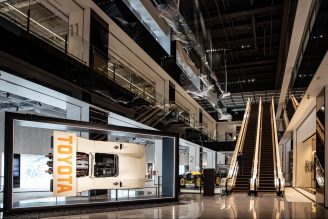
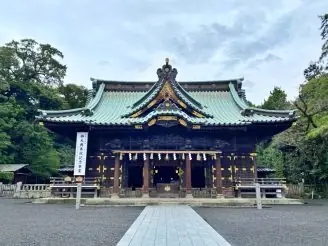
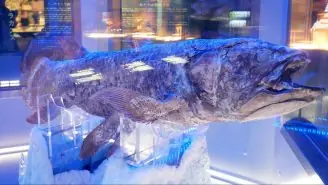
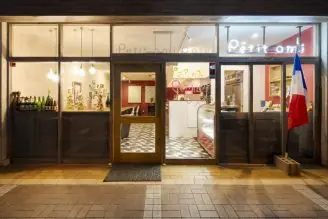
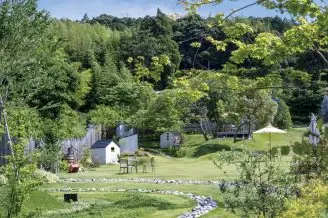
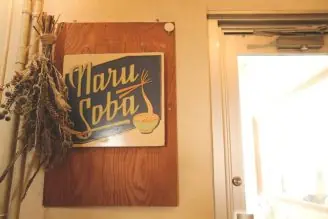
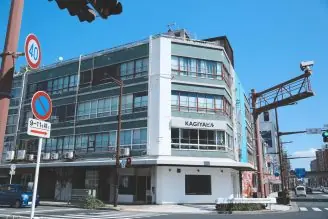
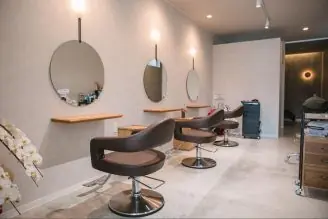
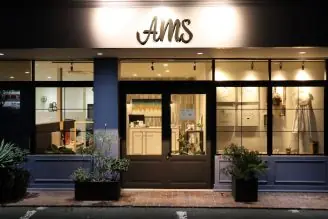
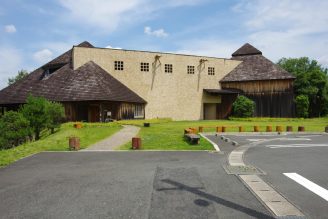
![Onigiri is hot right now! Summary of Osu's Onigiri Specialty Shops [5 selections].](https://life-designs.jp/wp/wp-content/uploads/2023/11/onigiri-1024x768.jpg)
![[28 selections] I want to get it when I go to Ghibli Park! Recommended goods & souvenirs (Ghibli’s Grand Warehouse edition)](https://life-designs.jp/wp/wp-content/uploads/2023/07/07bb34f30842ccc4c6412fc060e1966c-1024x683.jpg)
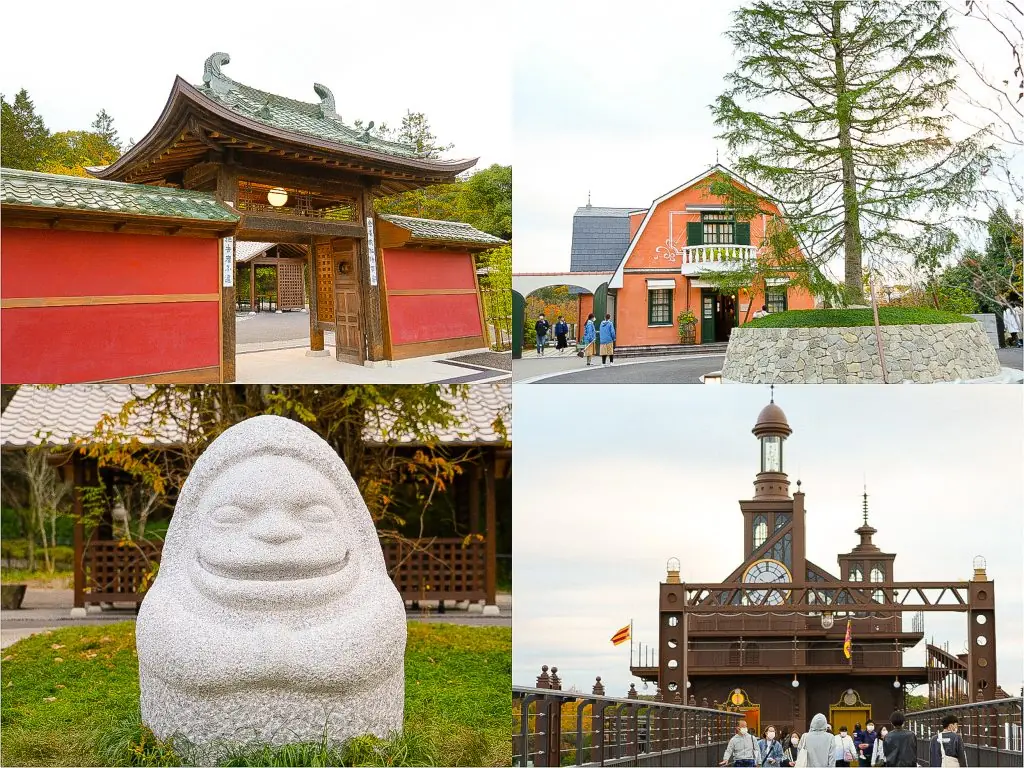
![[20 Selections] Nagoya Souvenirs: Non-Sweet & Recommended Snacks Available at Nagoya Station](https://life-designs.jp/wp/wp-content/uploads/2025/07/image3-2-1024x683.jpg)
![[Within 2hrs by Car] 12 Outing Areas where You can Go on a Day Trip from Nagoya!](https://life-designs.jp/wp/wp-content/uploads/2023/07/odekake12_w1200h900_20240422-768x576.png)
